Cyber threats in India are getting harder to spot and easier to exploit. With businesses relying more on cloud services, remote teams, and digital tools, even small gaps in security can lead to serious consequences.
That’s why many organizations are turning to Vulnerability Assessment and Penetration Testing (VAPT) to find and fix these weaknesses before attackers do.
Unlike routine checks, VAPT runs deeper. It simulates real-world attack scenarios and helps teams understand how their systems would respond.
But you can build a strong and practical defense if you choose the right VAPT company in India.
tl;dr: As Indian businesses expand across cloud, APIs, and hybrid setups, regular VAPT plays a key role in uncovering critical security gaps. The right provider brings technical depth, sector experience, and compliance support. AppSecure delivers manual-driven tests aligned with real-world threats and frameworks, so your team can focus on what truly matters.
Top 9 VAPT services in India
When choosing a VAPT provider, look beyond the tools. See if they understand your environment, can simulate realistic attack scenarios, and provide clear, actionable insights. Below, we’ve profiled 9 VAPT service providers in India to help you evaluate which partner fits your security needs best.
1. AppSecure
| What they do | Pros | Cons |
|---|---|---|
| Specialized VAPT service provider with deep expertise in offensive security. | - Highly experienced in simulating real-world attack scenarios. - Deep understanding of the Indian threat landscape. - Strong focus on both offensive testing and detection improvement. | - Not a legacy provider. |
AppSecure is a global leader in vulnerability assessment and penetration testing. The team brings deep, hands-on expertise in simulating sophisticated attack vectors tailored to an organization’s specific infrastructure, be it fintech, cloud-native systems, or healthcare setups.
AppSecure stands out for its balanced approach, where both attack surfaces and detection capabilities are assessed, ensuring organizations aren’t just identifying vulnerabilities but are also building better response mechanisms. For businesses in India looking to invest in cybersecurity, we offer not just tests, but insights that strengthen your defense in the long term.
Key strengths:
- Real-world APT simulations conducted by top ethical hackers.
- Hands-on, India-based teams that understand local threat models.
- Strong alignment with global frameworks like MITRE ATT&CK, NIST, and TIBER-EU.
- Detailed reporting with actionable security recommendations.
- Track record across high-stakes industries like fintech, healthtech, and SaaS.
Ideal for:
- Fintech and healthtech companies with sensitive data.
- Cloud-native or remote-first businesses looking to harden systems.
- Security-conscious startups and mid-market firms aiming to level up their cyber maturity.
- Organizations preparing for regulatory audits or compliance-driven VAPT.
G2 rating: 4.9/5
2. Astra Security
| What they do | Pros | Cons |
|---|---|---|
| Provides automated and manual VAPT services through a cloud-based dashboard. |
- Easy-to-use client portal with real-time test visibility. - Compliance support for GDPR, ISO 27001, and HIPAA. - Offers continuous scanning and patch verification. |
- Less suited for complex enterprise infrastructure. - Limited customization in test planning for niche environments. |
Astra Security offers VAPT through a cloud-based platform that combines automation with manual validation. The solution includes features like vulnerability tracking, remediation support, and patch verification. It’s designed to help teams monitor issues continuously while aligning with compliance requirements such as GDPR and ISO 27001.
Key strengths:
- Cloud-based VAPT dashboard with ongoing vulnerability tracking.
- Manual and automated testing options for flexibility.
- Built-in compliance mapping (GDPR, SOC 2, ISO 27001).
Ideal for:
- Startups and SMBs needing VAPT as part of compliance prep.
- SaaS platforms and eCommerce businesses handling user data.
- Teams with limited internal security bandwidth.
G2 rating: 4.6/5
3. Isecurion
| What they do | Pros | Cons |
|---|---|---|
| Full-service information security firm offering manual and automated VAPT, red teaming, and security audits. |
- Strong focus on manual, in-depth testing methods. - Experience across sectors including BFSI and government. - ISO 27001 and CERT-IN certified. |
- Interface and reporting may feel dated. - Less emphasis on productized or dashboard-based delivery. |
Isecurion is a Bengaluru-based cybersecurity company that provides services such as VAPT, red teaming, source code reviews, and configuration assessments. The firm uses a hands-on, manual approach to identify vulnerabilities across complex environments. Their offerings are structured around global compliance frameworks and are commonly used by enterprises and public sector organizations.
Key strengths:
- CERT-IN and ISO 27001 certified testing methodologies.
- Strong manual VAPT practices with detailed reporting.
- Sectoral experience across BFSI, telecom, and government.
Ideal for:
- Large enterprises and regulated sectors needing in-depth, manual assessments.
- Teams preparing for government or banking audits.
- Organizations seeking compliance-aligned vulnerability testing.
4. Indusface
| What they do | Pros | Cons |
|---|---|---|
| Offers VAPT through its AppTrana platform, combining scanning, manual testing, and WAF protection. |
- Integrated WAF with VAPT for real-time protection. - Automated scanning combined with expert validation. - Supports continuous security monitoring. |
- Platform-first approach may limit flexibility in custom VAPT needs. - More focused on web applications than broader infrastructure testing. |
Indusface offers VAPT through its AppTrana platform, combining automated scanning with manual verification. The service includes managed Web Application Firewall (WAF) support and real-time risk monitoring. It is structured to support continuous security coverage for web applications, along with compliance mapping for standards like ISO 27001 and PCI-DSS.
Key strengths:
- VAPT backed by managed WAF services.
- Real-time monitoring and risk-based patching.
- Automated scanning with manual validation for accuracy.
Ideal for:
- Businesses focused on securing public-facing web applications.
- SaaS providers and eCommerce companies with high traffic.
- SMBs needing both testing and real-time protection.
G2 rating: 4.8/5
5. Suma Soft
| What they do | Pros | Cons |
|---|---|---|
| IT and cybersecurity services firm offering VAPT, SOC support, and risk management consulting. |
- End-to-end security services beyond VAPT. - Experience across multiple geographies and sectors. - Cost-effective for mid-sized organizations. |
- Less specialized in advanced adversarial simulations. - May not be ideal for highly regulated or security-mature firms. |
Suma Soft is an IT services company that provides VAPT as part of a broader cybersecurity portfolio. Their offerings include Security Operations Center (SOC) support, risk management, and compliance consulting. The VAPT services are structured to support mid-sized businesses with assessments, remediation input, and post-engagement guidance.
Key strengths:
- VAPT bundled with security audits and risk consulting.
- Global delivery model with cross-industry experience.
- Good value for money for mid-market clients.
Ideal for:
- Mid-sized businesses needing broad cybersecurity coverage.
- Companies new to structured security testing.
- Firms looking for bundled services including VAPT and compliance guidance.
6. Kratikal
| What they do | Pros | Cons |
|---|---|---|
| CERT-IN empanelled cybersecurity firm offering VAPT, red teaming, phishing simulations, and compliance support. |
- Government-recognized and compliance-ready. - Broad portfolio including email security, phishing defense, and awareness training. - Strong base in BFSI, healthcare, and manufacturing sectors. |
- Less agile for custom or rapid assessments. - Platform usability can be inconsistent for non-technical teams. |
Kratikal is a CERT-IN empanelled cybersecurity firm that provides VAPT along with services focused on regulatory compliance, phishing simulations, and email security. Their VAPT approach aligns with audit and certification requirements and is structured for sectors like BFSI, healthcare, and manufacturing. The company follows a consulting-led model with emphasis on detailed assessments and user awareness.
Key strengths:
- CERT-IN empanelled for government-recognized VAPT services.
- Includes phishing simulation and awareness training in the security suite.
- Sectoral depth in BFSI, defense, and healthcare.
Ideal for:
- Regulated businesses needing audit-ready VAPT services.
- Enterprises working toward national or sector-specific compliance.
- Organizations looking for VAPT bundled with user awareness programs.
G2 rating: 4/5
7. eSec Forte
| What they do | Pros | Cons |
|---|---|---|
| Global cybersecurity firm offering VAPT, digital forensics, incident response, and compliance consulting. |
- CERT-IN empanelled and globally recognized. - Offers both black-box and white-box testing. - Strong coverage of compliance-driven testing. |
- May be too process-heavy for startups or fast-moving teams. - Enterprise-level pricing for some services. |
eSec Forte is a cybersecurity and risk management firm offering VAPT along with digital forensics, incident response, and compliance consulting. With a presence in India, Singapore, and the UAE, the company provides assessment services that follow structured methodologies and reporting formats. Their VAPT services are commonly used by enterprises operating in compliance-driven industries.
Key strengths:
- CERT-IN empanelled with multi-regional presence.
- Expertise in black-box, grey-box, and white-box testing.
- Offers compliance support for PCI-DSS, HIPAA, ISO 27001, and more.
Ideal for:
- Large enterprises with complex infrastructure and compliance needs.
- Financial institutions and public sector firms.
- Companies preparing for third-party audits or certifications.
8. Cyberops Infosec LLP
| What they do | Pros | Cons |
|---|---|---|
| Jaipur-based cybersecurity company offering VAPT, training, and consulting services. |
- Strong presence in education and training. - Offers tailored VAPT for startups and mid-sized companies. - Cost-effective for early-stage businesses. |
- Limited visibility among enterprise clients. - Lacks large-scale operations or international footprint. |
Cyberops Infosec LLP is a Jaipur-based cybersecurity company offering VAPT along with services such as security awareness training, incident response, and compliance consulting. Their approach combines manual testing with automated tools to cover networks, web applications, and internal systems. The company primarily serves startups, educational institutions, and small to mid-sized businesses.
Key strengths:
- VAPT services tailored for cost-sensitive businesses.
- Training and awareness programs for in-house teams.
- Simple reporting and direct communication with engineers.
Ideal for:
- Startups and mid-sized businesses new to VAPT.
- Educational institutions and small tech firms.
- Teams seeking hands-on support and training along with testing.
9. SecureLayer7
| What they do | Pros | Cons |
|---|---|---|
| Global offensive security company offering VAPT, red teaming, bug bounty, and cloud security assessments. |
- CREST-certified with global delivery experience. - Offers cloud-native and DevSecOps-aligned testing. - Strong client list across tech and finance sectors. |
- May be priced higher than smaller providers. - Platform interface can be complex for non-technical users. |
SecureLayer7 is an offensive security firm headquartered in India with global operations. The company offers VAPT along with services in red teaming, bug bounty management, and cloud security. It is CREST-certified and provides security testing for web, mobile, APIs, and cloud environments. Their VAPT services are often integrated into DevSecOps pipelines and used by enterprises in tech, finance, and government sectors.
Key strengths:
- CREST-certified and aligned with OWASP, NIST, and MITRE frameworks.
- VAPT for web, mobile, APIs, cloud, and network infrastructure.
- DevSecOps compatibility and CI/CD integration.
Ideal for:
- Enterprises with mature security processes and in-house teams.
- Fintech and SaaS companies requiring continuous testing.
- Organizations seeking CREST-certified testing for regulatory audits.
How to shortlist the right VAPT provider in India
Choosing a VAPT provider isn’t just about running scans, it’s about finding a partner who understands your architecture, aligns with your risk posture, and delivers actionable results. Below are the technical factors to consider while shortlisting the right vendor:
- Technical expertise
Look for providers with demonstrated experience across your technology stack, whether it’s cloud-native environments, containerized apps, APIs, or hybrid networks. Validate the team’s credentials (e.g., OSCP, OSCE, CEH, CREST) and ask for sample methodologies or past reports to assess their depth of testing.
- Sector-specific understanding
VAPT requirements vary significantly across industries. A vendor experienced in your sector will understand the typical threat models, compliance requirements, and business logic risks. For example, fintech requires a different lens than SaaS or manufacturing.
- Reporting quality
Effective VAPT reports should include vulnerability classifications (CVSS), business impact, proof-of-concept exploits, and remediation steps. Clear, structured reports make it easier for engineering teams to prioritize fixes and for compliance teams to document audit trails.
- Compliance alignment
Ensure the provider aligns assessments with your regulatory landscape, such as ISO 27001, PCI-DSS, HIPAA, or RBI guidelines. This includes mapping vulnerabilities to controls, providing evidence logs, and supporting compliance documentation.
- Post-assessment support
A mature VAPT partner offers more than just a test report. Look for teams that include remediation walkthroughs, retesting, and guidance on hardening strategies to close security gaps effectively.
Key trends shaping VAPT services in India
As businesses in India scale their digital infrastructure, across cloud, APIs, mobile, and hybrid networks, VAPT providers are evolving to match these environments more closely. The scope of testing today is no longer limited to perimeter checks or static scans. Here are some notable shifts in how VAPT is delivered and consumed:
- Move toward continuous testing over one-time engagements
Many organizations are moving away from annual or quarterly VAPT cycles. Instead, they're adopting continuous testing models where assessments are triggered by events like code pushes, infrastructure changes, or third-party integrations. This shift is especially visible among SaaS companies that deploy frequently and require ongoing security validation aligned with DevOps.
- Cloud-focused VAPT with API and identity testing
As teams adopt cloud platforms like AWS and Azure, traditional testing approaches are no longer enough. Modern VAPT engagements now cover components like IAM misconfigurations, unsecured S3 buckets, misused cloud APIs, and role-based access policies. Providers are also expected to test for persistence risks across multi-region or containerized setups.
- Integration with developer workflows (DevSecOps)
VAPT services today are increasingly built to plug into engineering workflows. Reports are not just PDFs, they’re delivered as JIRA tickets or via Slack. Vulnerabilities are tagged based on sprint priorities. Some providers offer remediation guidance directly within developer dashboards. This reduces friction between security and engineering teams.
- Use of AI and behavior-based testing at scale
For larger applications, manually detecting every edge case isn't practical. Vendors are introducing AI-assisted testing, where tools monitor system behavior to detect unexpected outputs, chaining opportunities, or privilege escalation flows. These are especially useful in complex applications with multiple user roles and dynamic inputs.
- Increased adoption among startups and mid-sized companies
Compliance frameworks like ISO 27001, SOC 2, and RBI norms now apply to more companies than ever. This has led even small teams to prioritize VAPT earlier in their growth journey. Providers now offer modular packages, ranging from quick vulnerability scans to full-stack pentesting with compliance mapping, for teams without in-house security expertise.
Secure your systems with the right VAPT partner
Choosing the right VAPT provider is more than a checkbox for compliance, it’s a critical decision that directly impacts how well your systems can detect and withstand real threats. A well-matched partner doesn’t just run tests; they help you prioritize fixes, improve internal processes, and build long-term resilience across your infrastructure.
If you're looking for advanced VAPT services tailored to your architecture, development workflows, and threat profile, AppSecure can help.
Schedule a consultation with our experts to learn how we identify vulnerabilities that matter, and guide your team through effective, actionable mitigation.
FAQs
- What is VAPT and why is it important for businesses in India?
VAPT identifies security weaknesses across networks, applications, and systems. For Indian businesses, it supports compliance with standards while protecting against real-world cyber threats.
- How do I choose the right VAPT provider in India?
Look for providers with proven technical expertise, industry experience, compliance alignment, and post-assessment support. Avoid vendors that rely only on automation or focus solely on pricing.
- What industries benefit the most from VAPT services?
VAPT is critical for BFSI, healthcare, SaaS, telecom, and e-commerce sectors, especially those handling sensitive data or operating under regulatory frameworks.
- How often should organizations perform VAPT testing?
At a minimum, once a year. More frequent testing is recommended after major code changes, infrastructure updates, or to meet specific compliance requirements.
- What makes AppSecure’s VAPT methodology different?
AppSecure combines manual, real-world attack simulations with automation to deliver deeper findings. Our methodology aligns with frameworks like MITRE ATT&CK and includes actionable remediation support, not just reports.

Ankit is a B2B SaaS marketing expert with deep specialization in cybersecurity. He makes complex topics like EDR, XDR, MDR, and Cloud Security accessible and discoverable through strategic content and smart distribution. A frequent contributor to industry blogs and panels, Ankit is known for turning technical depth into clear, actionable insights. Outside of work, he explores emerging security trends and mentors aspiring marketers in the cybersecurity space.


.png)
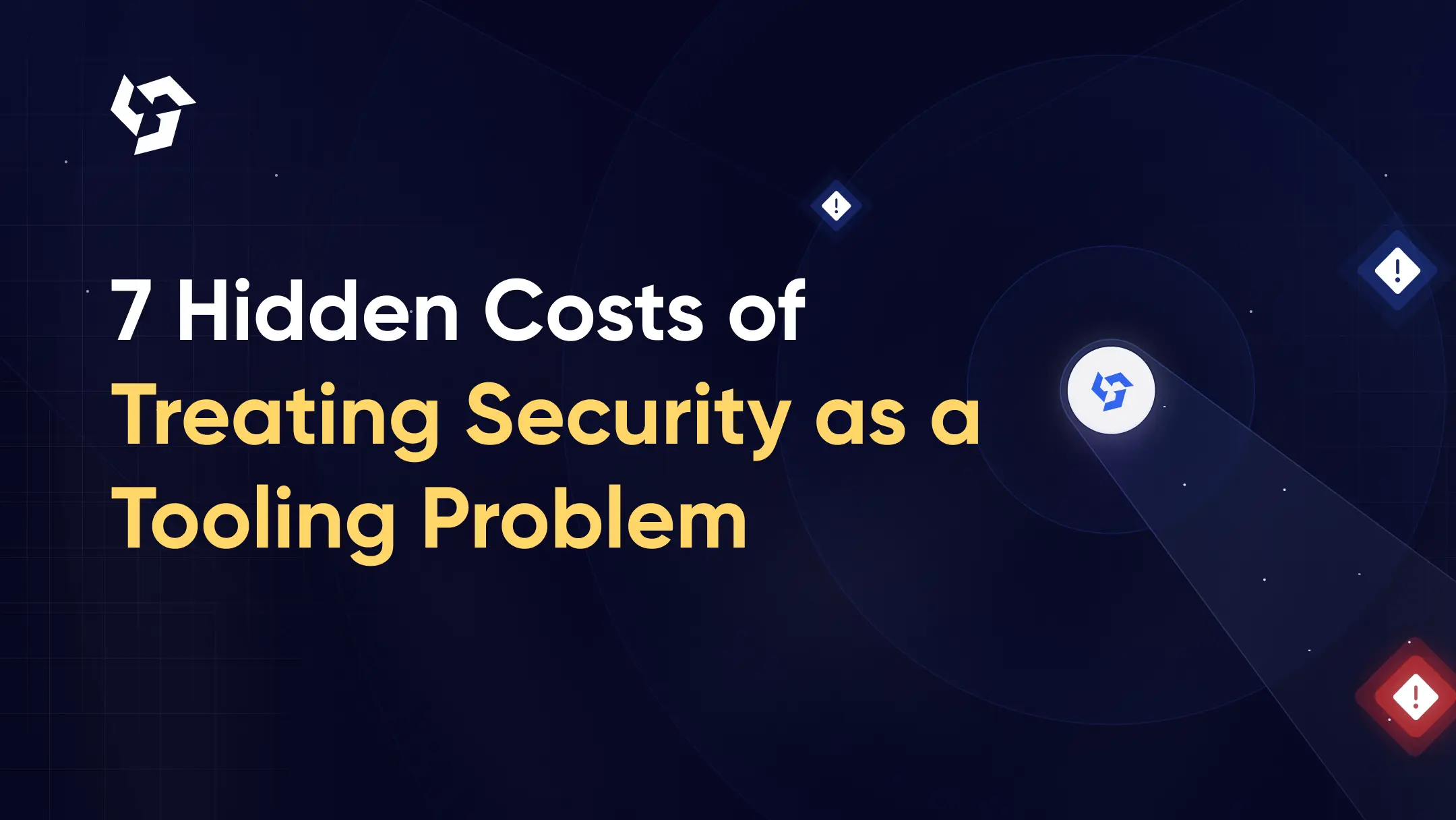
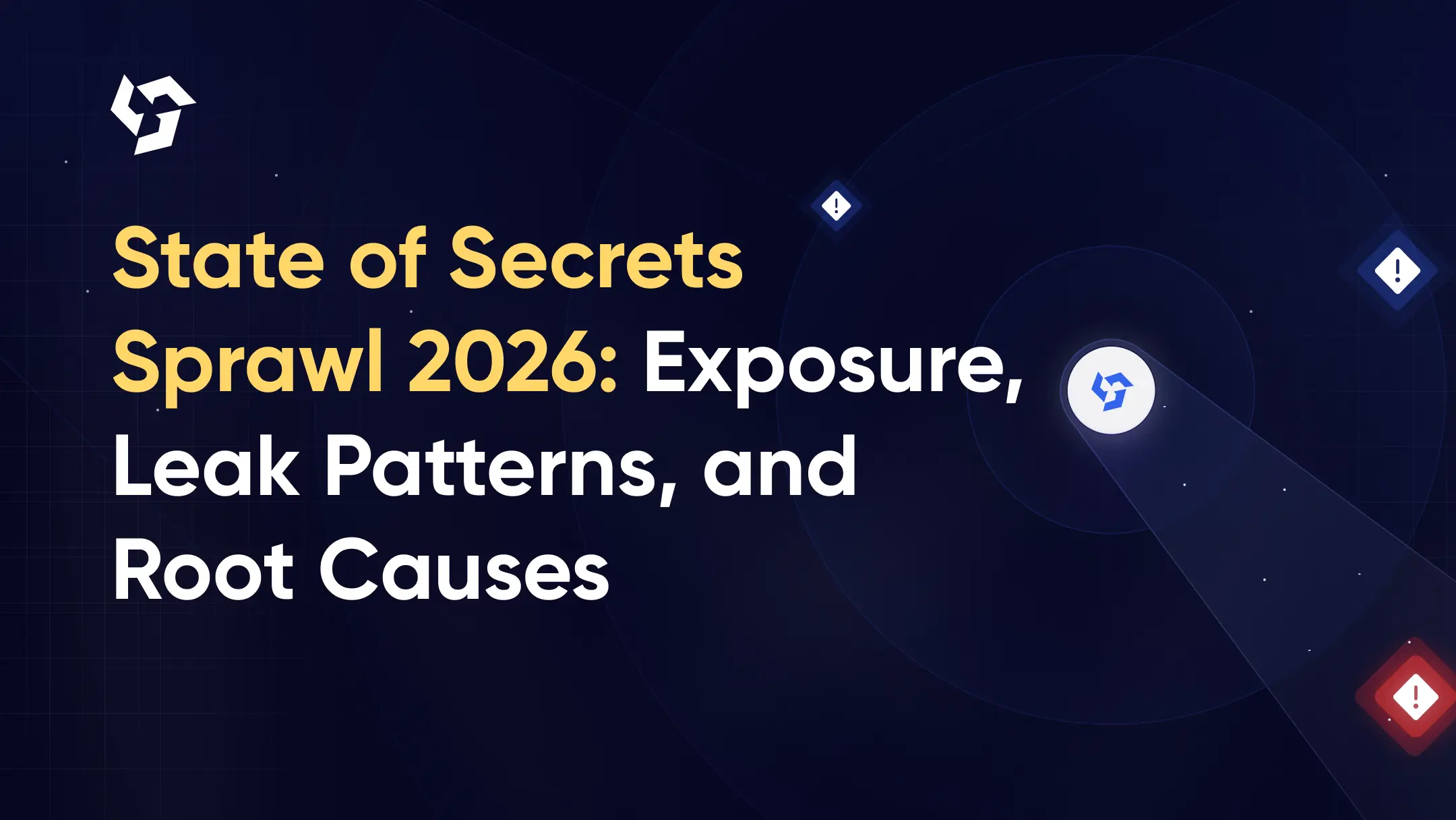
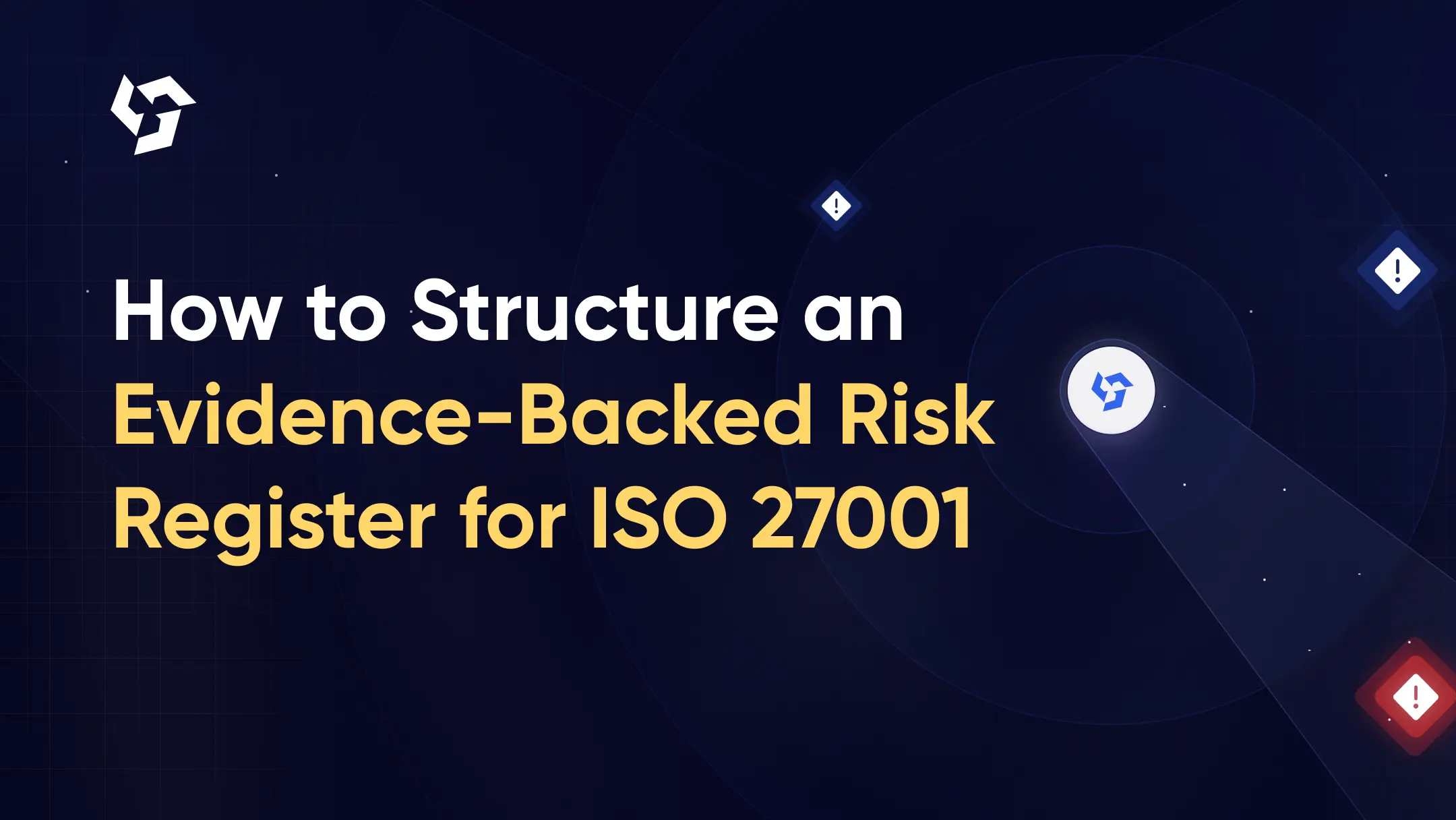
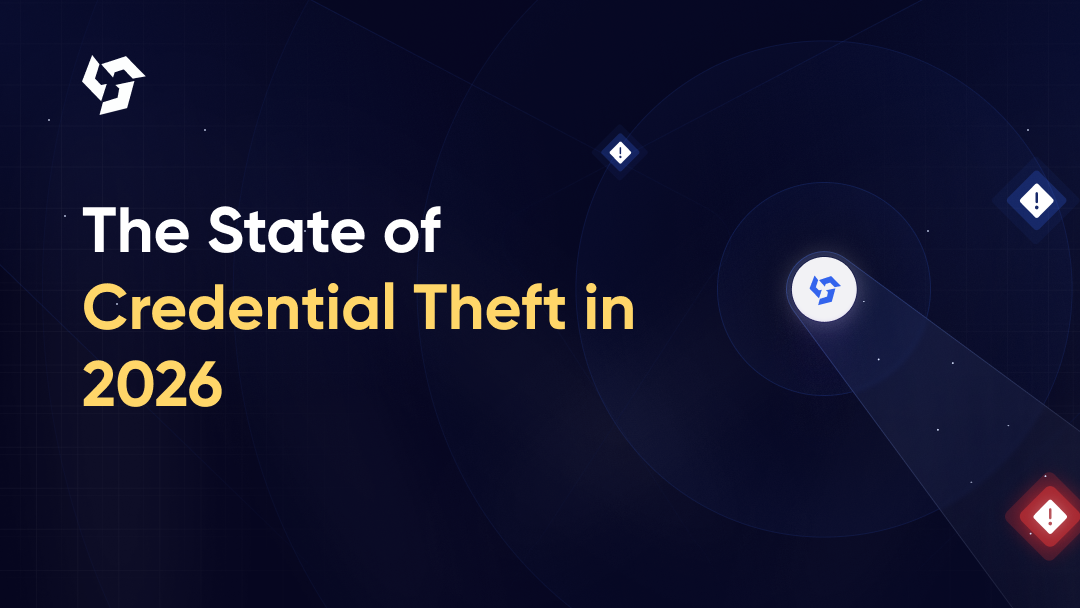

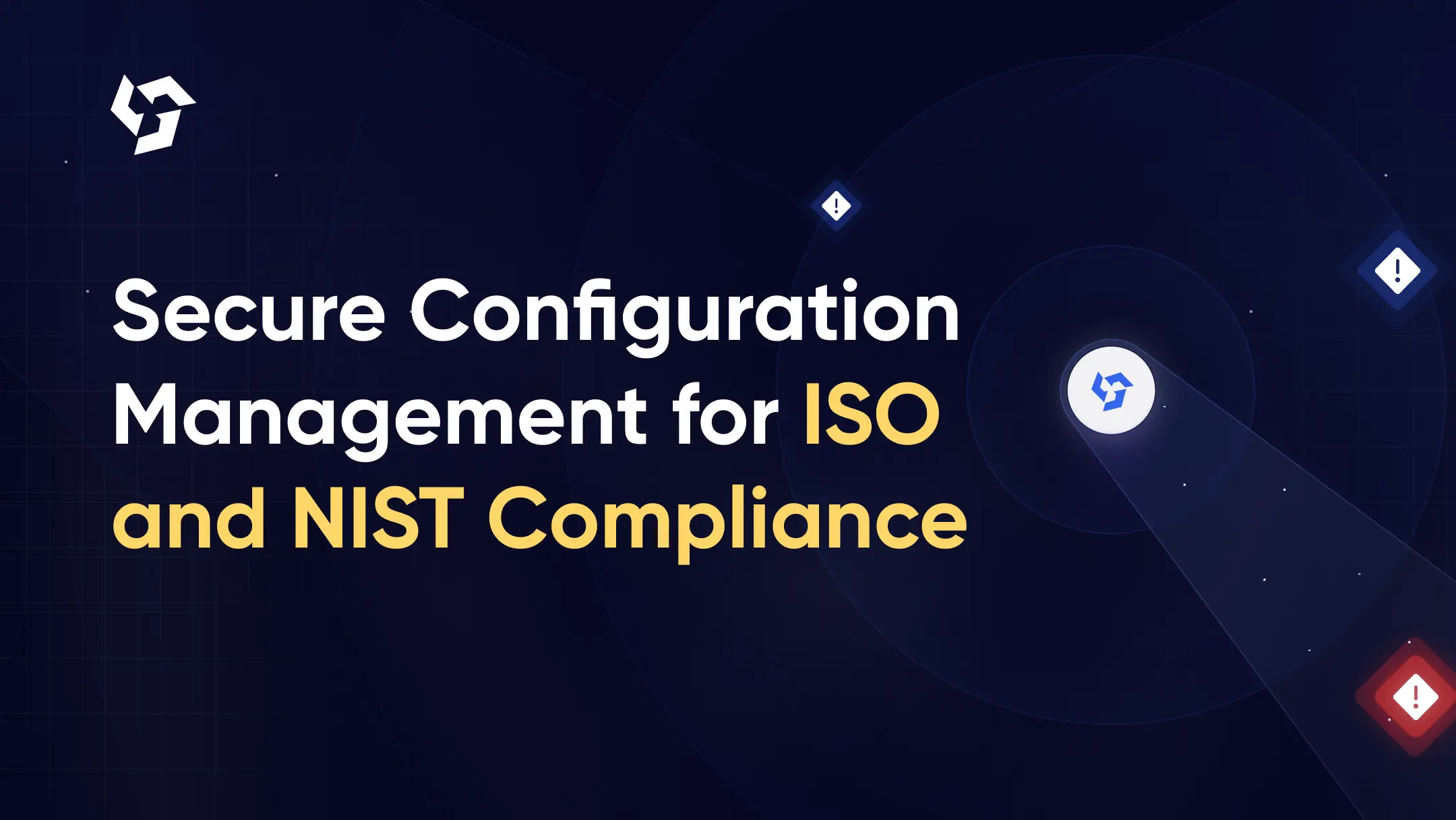
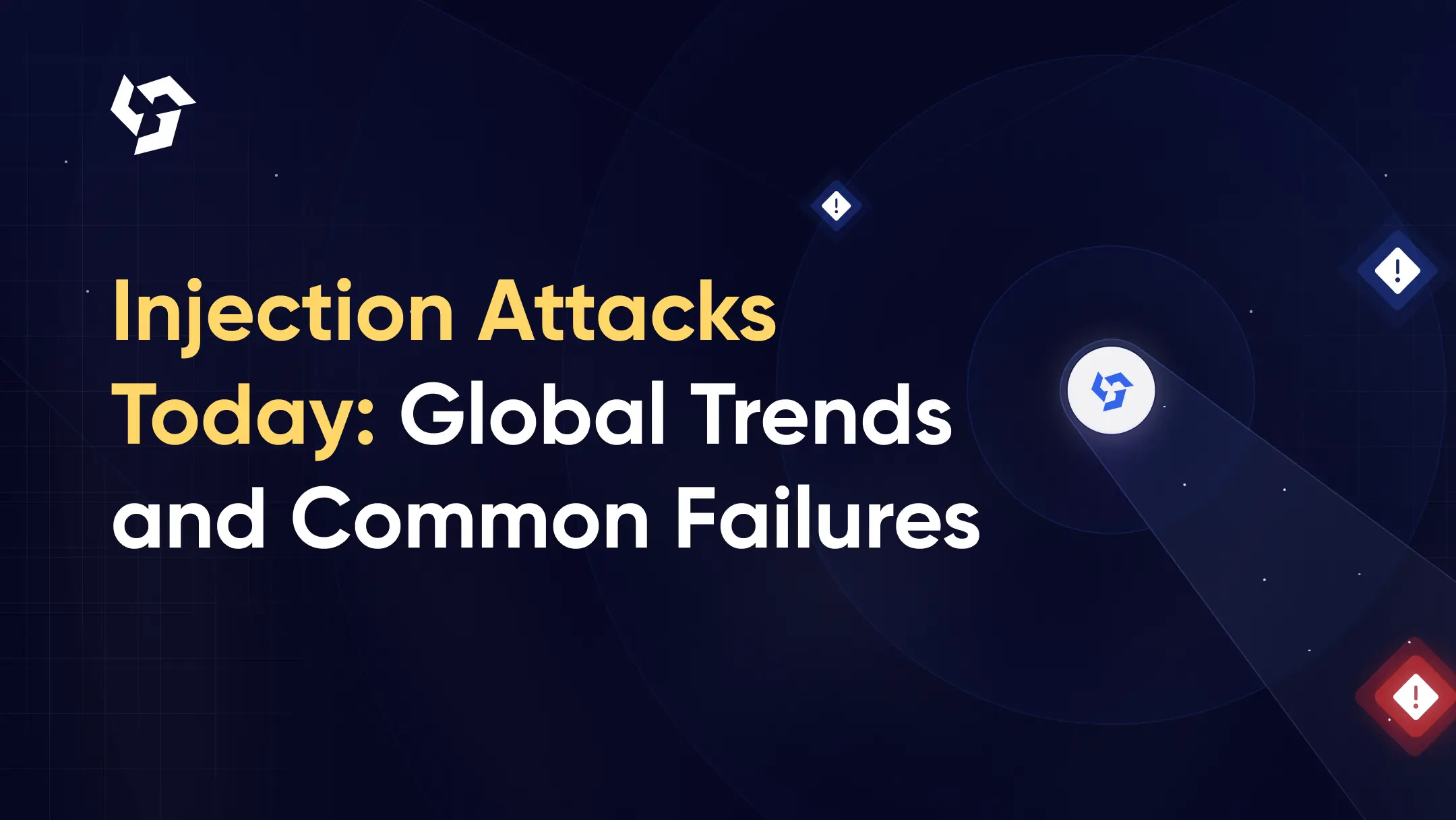
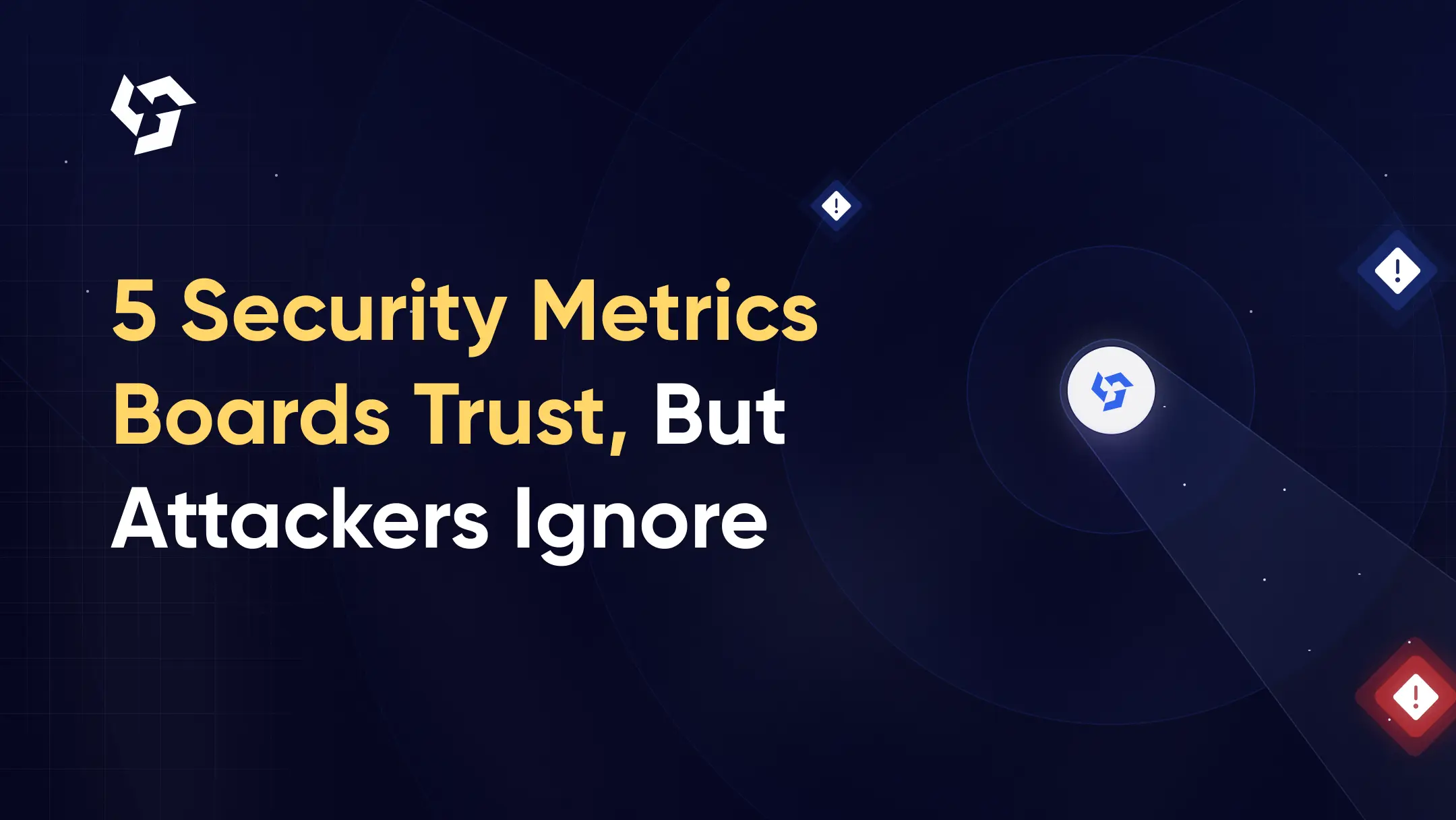
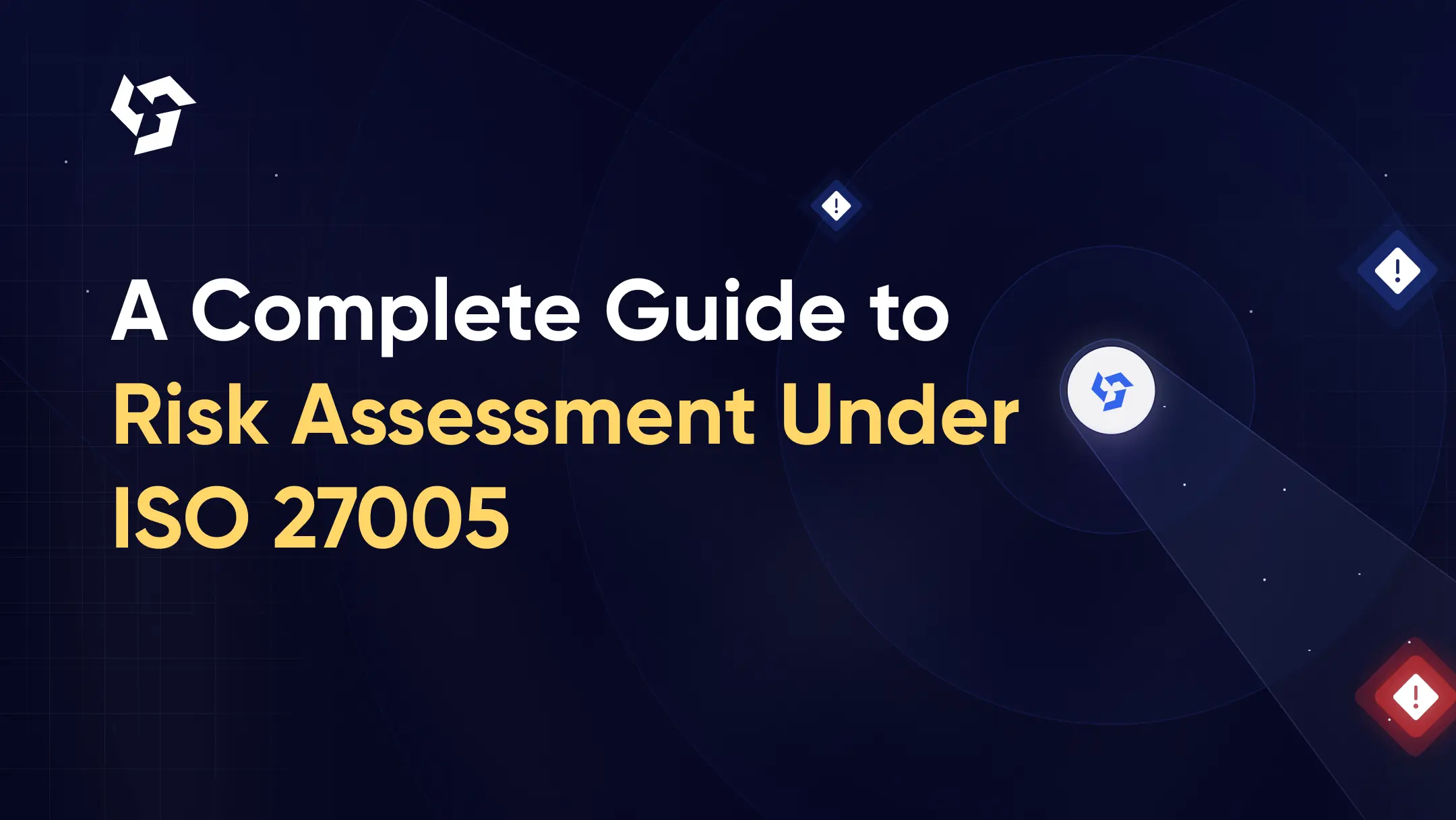
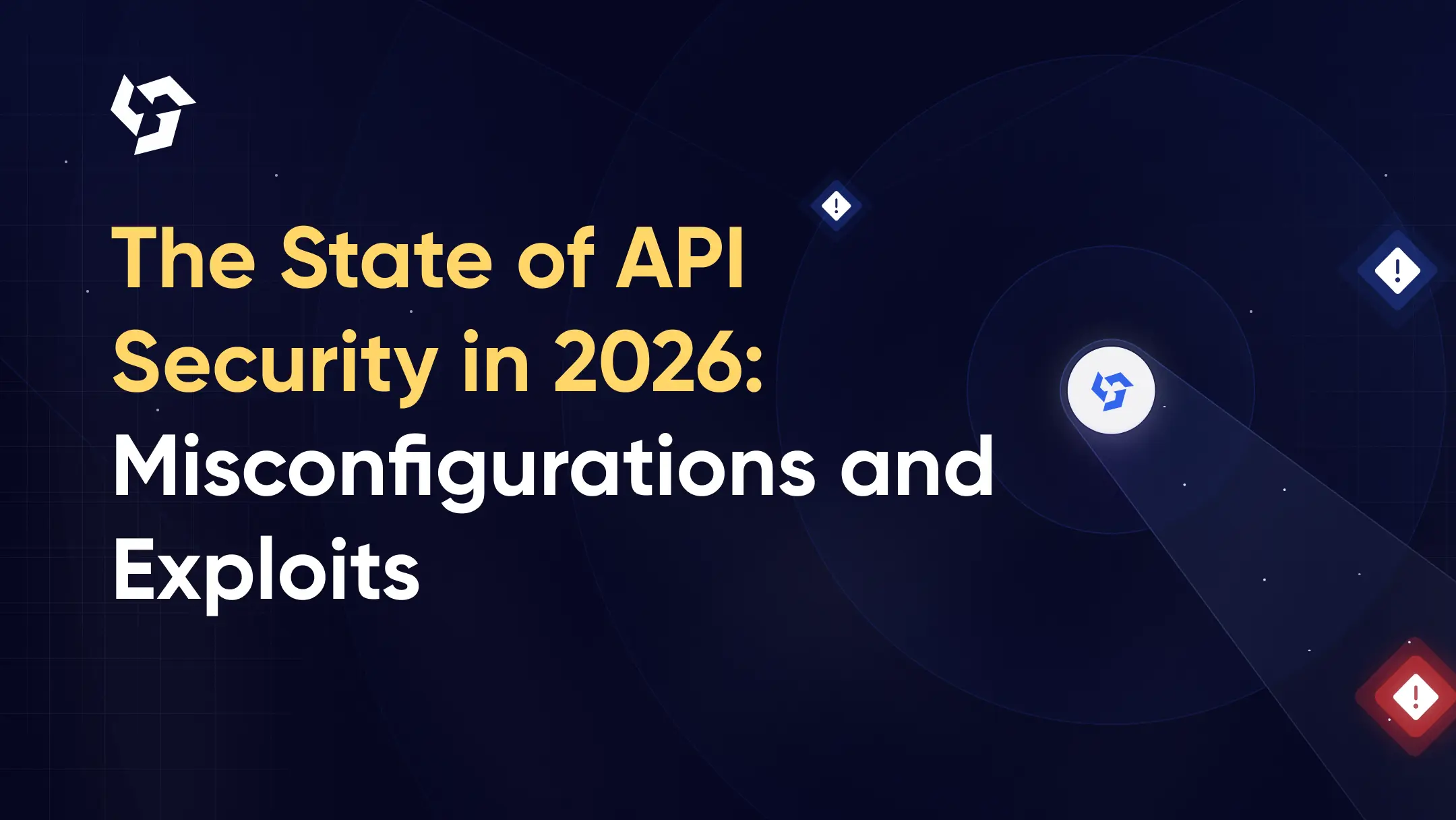
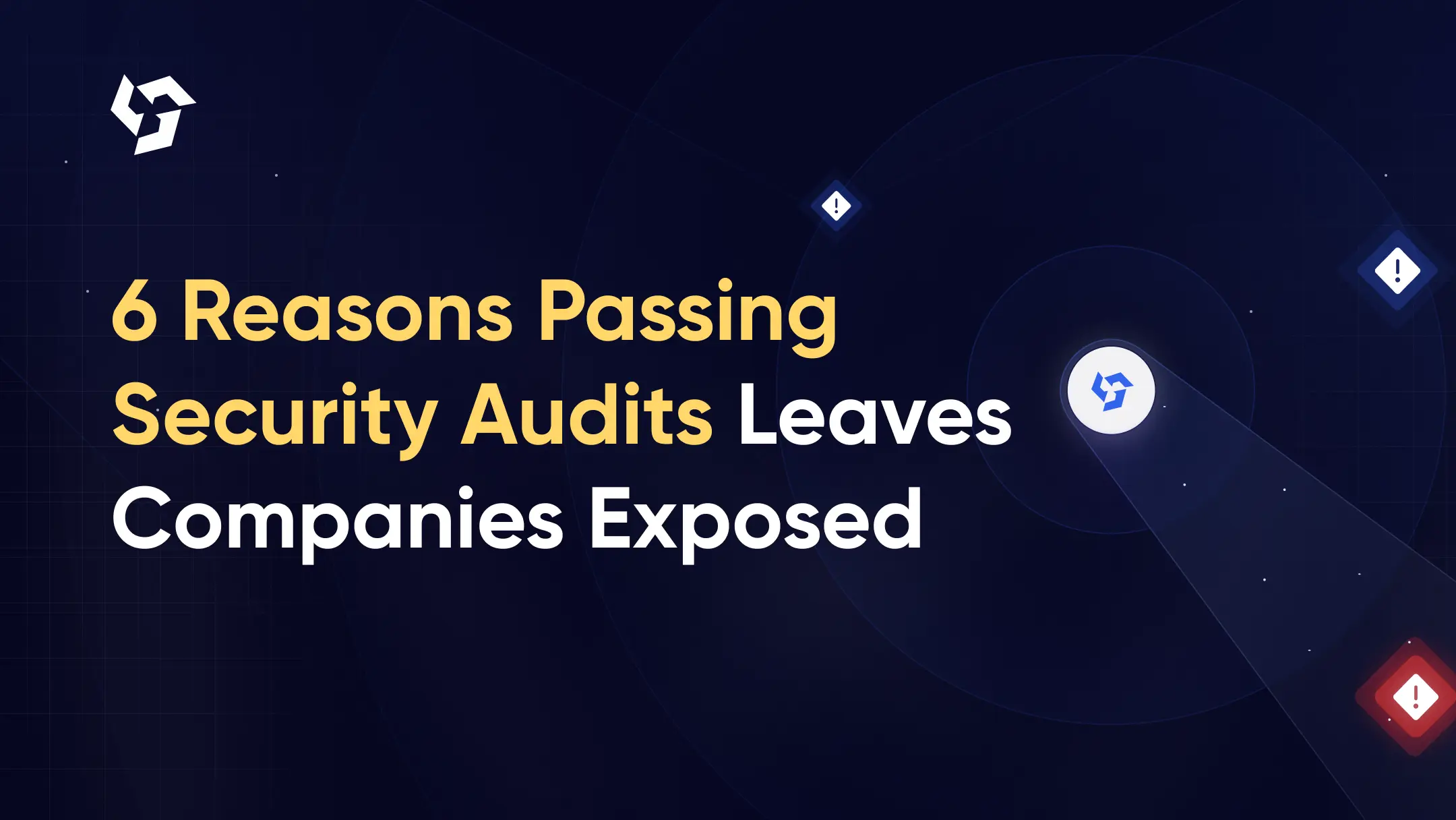
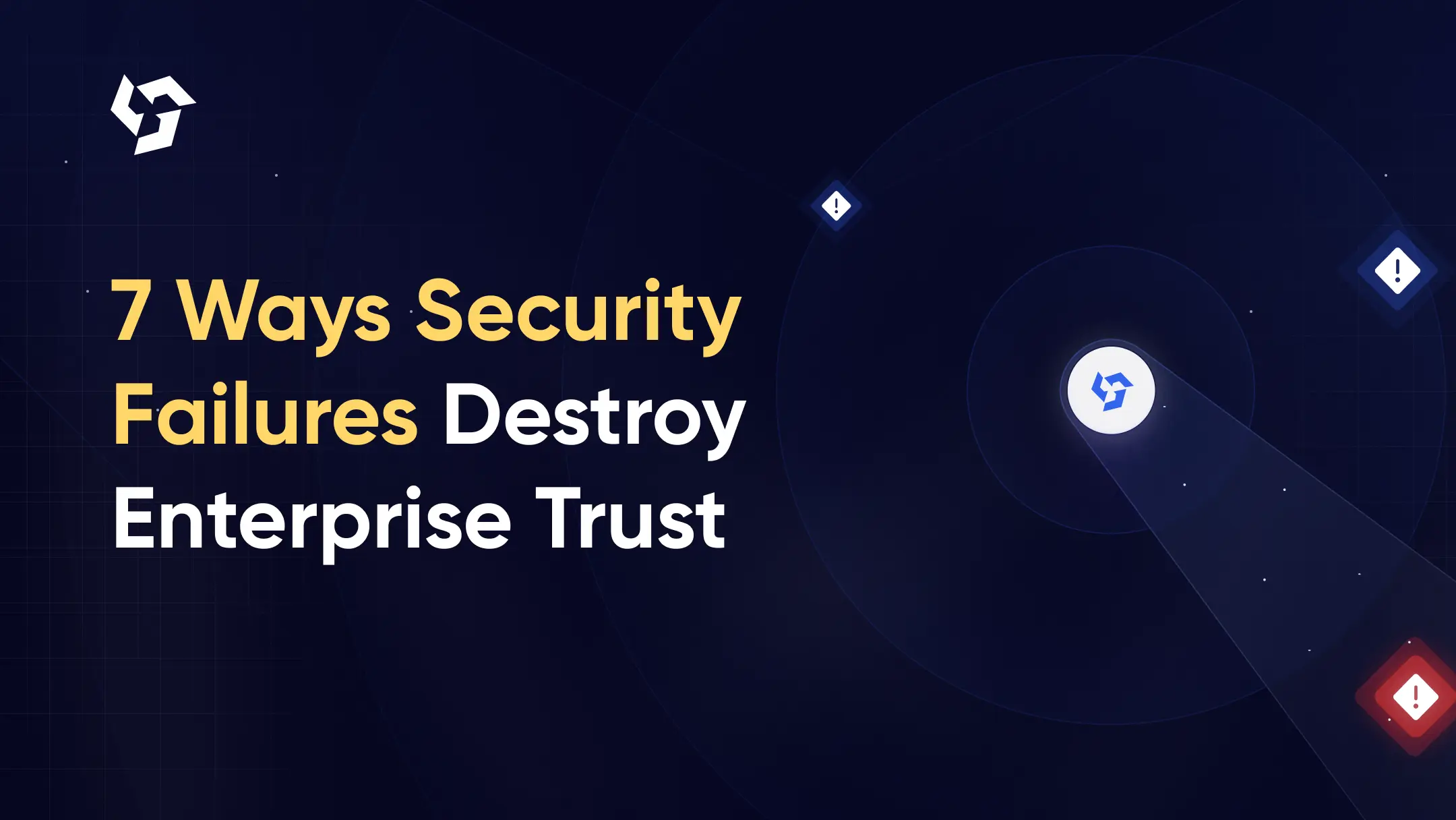
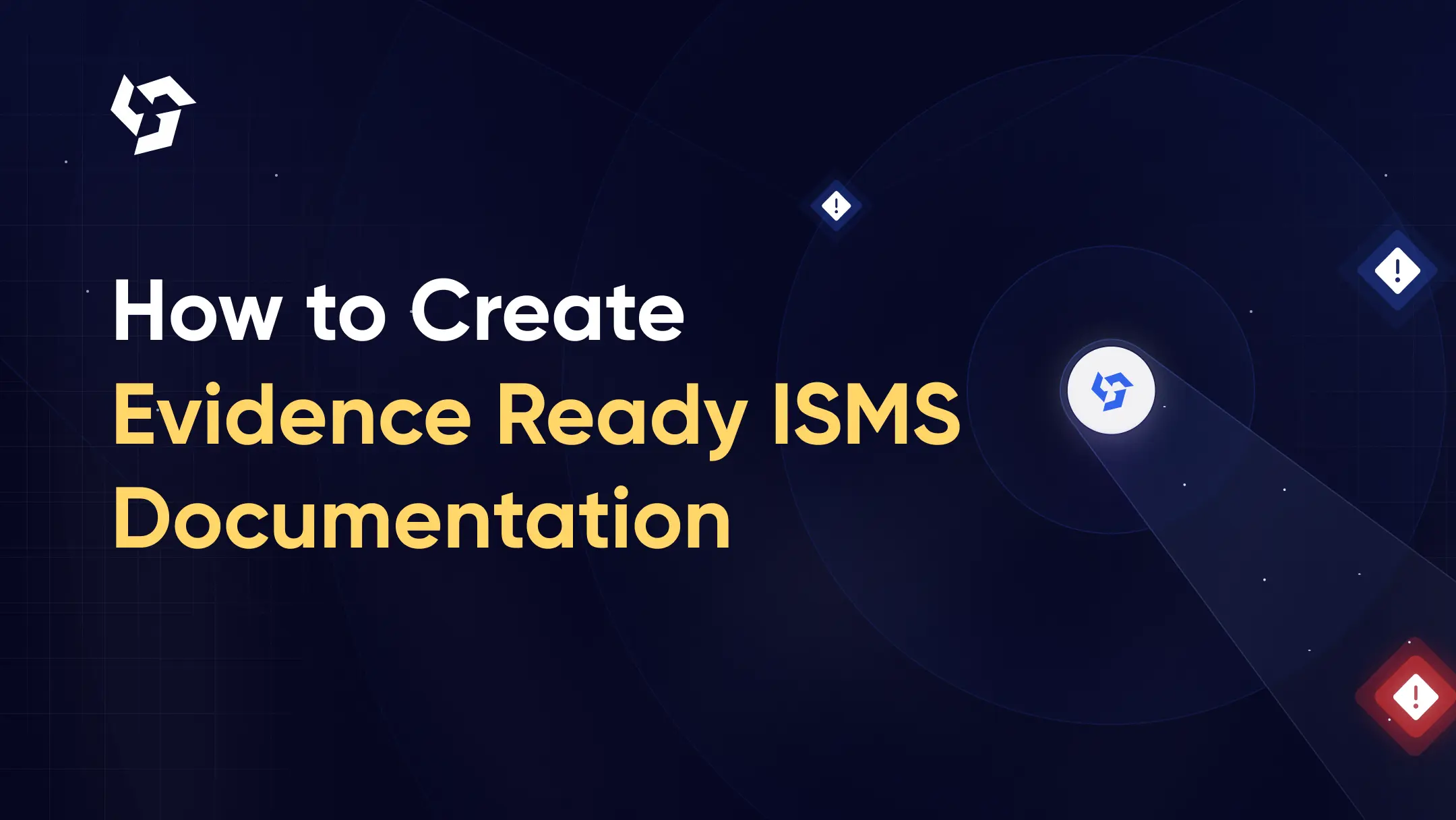
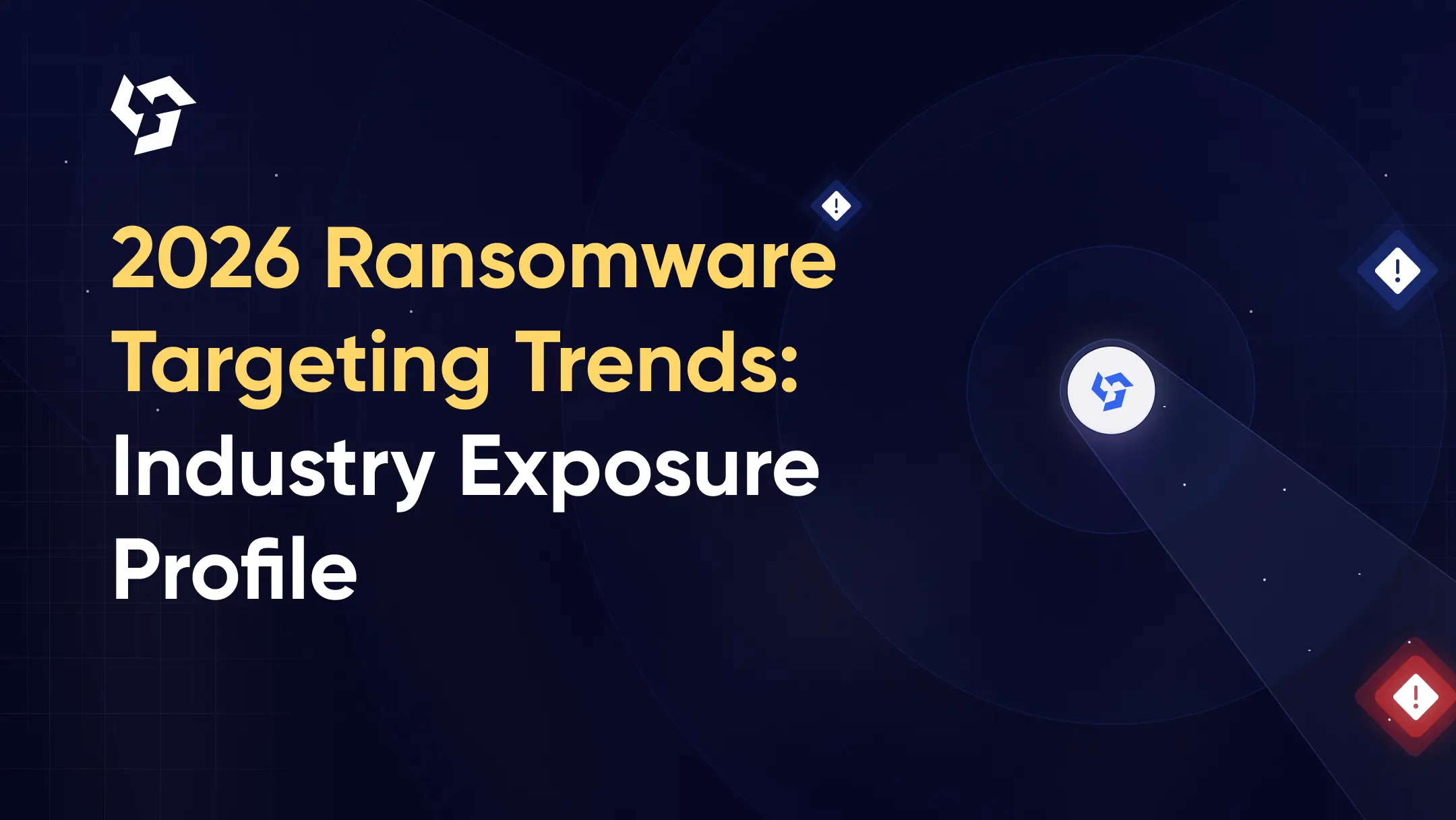

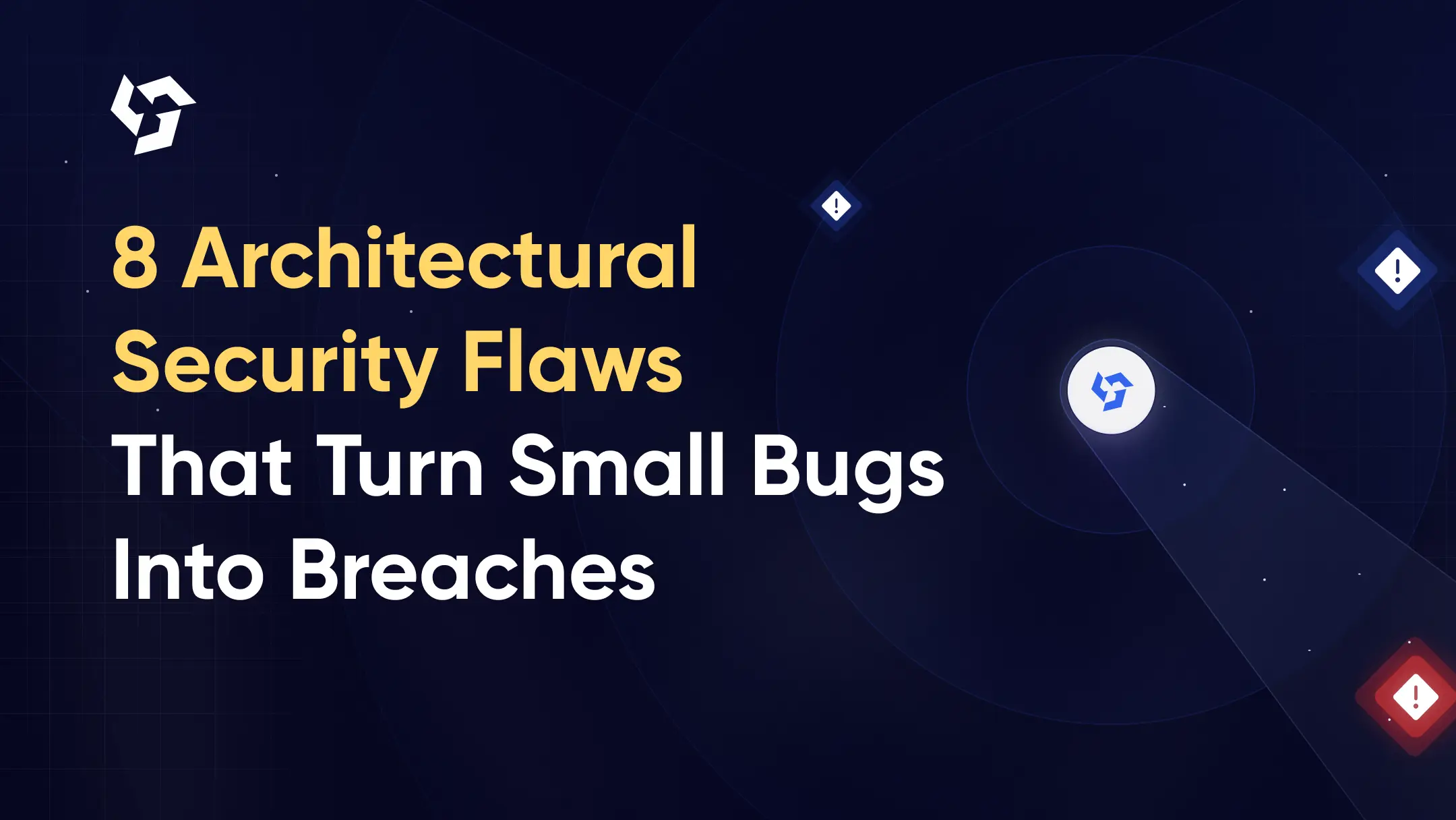
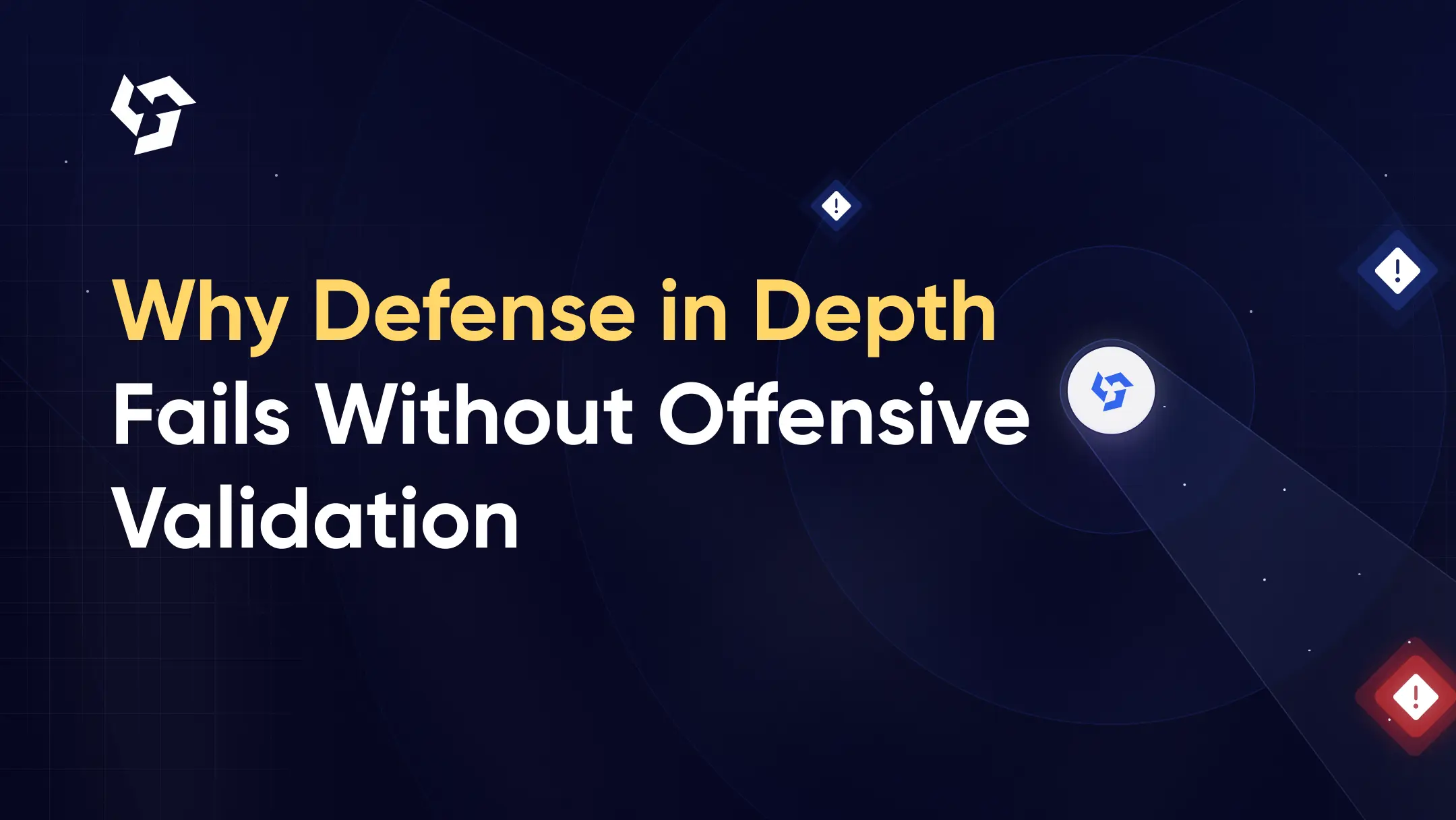
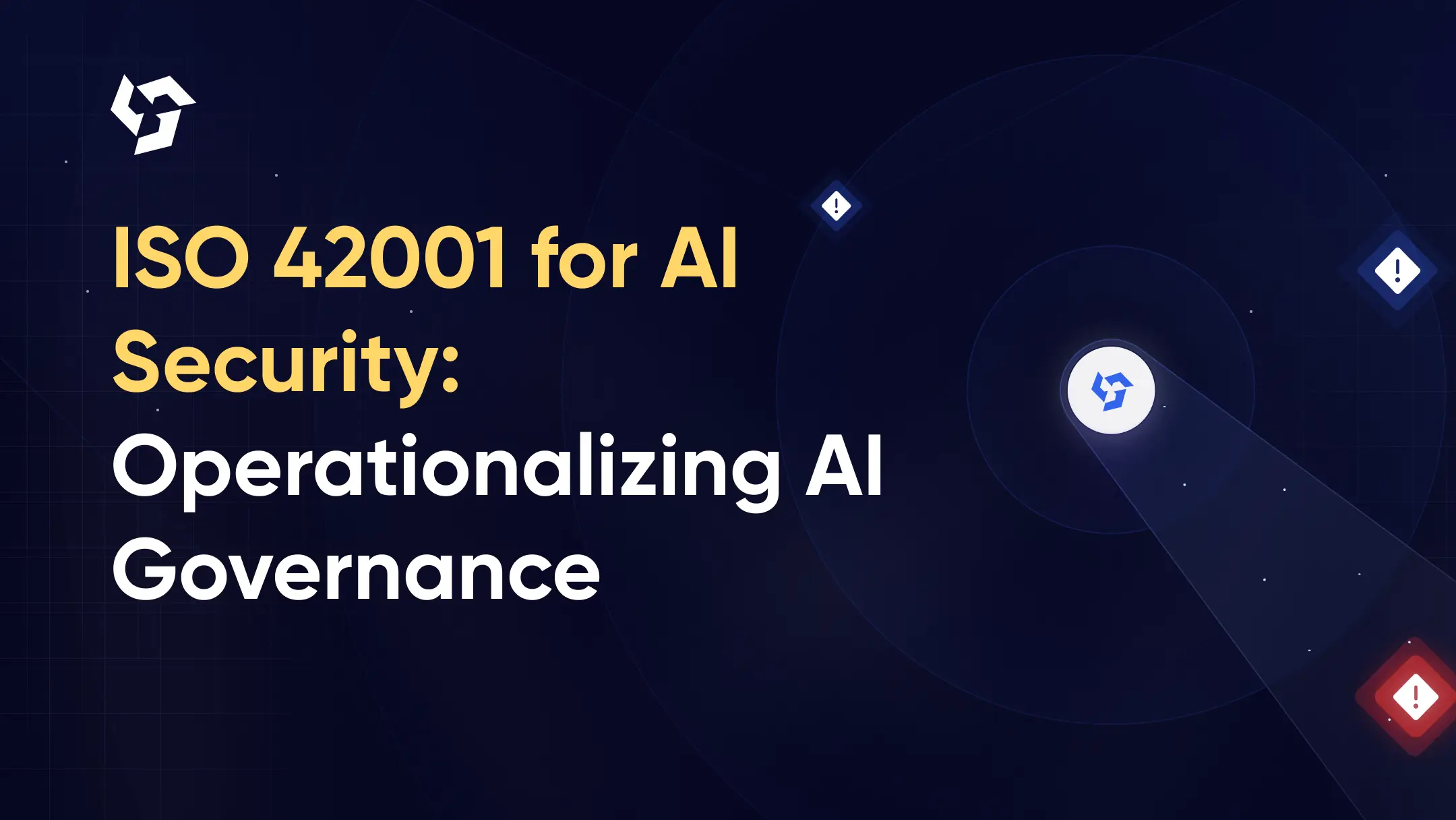
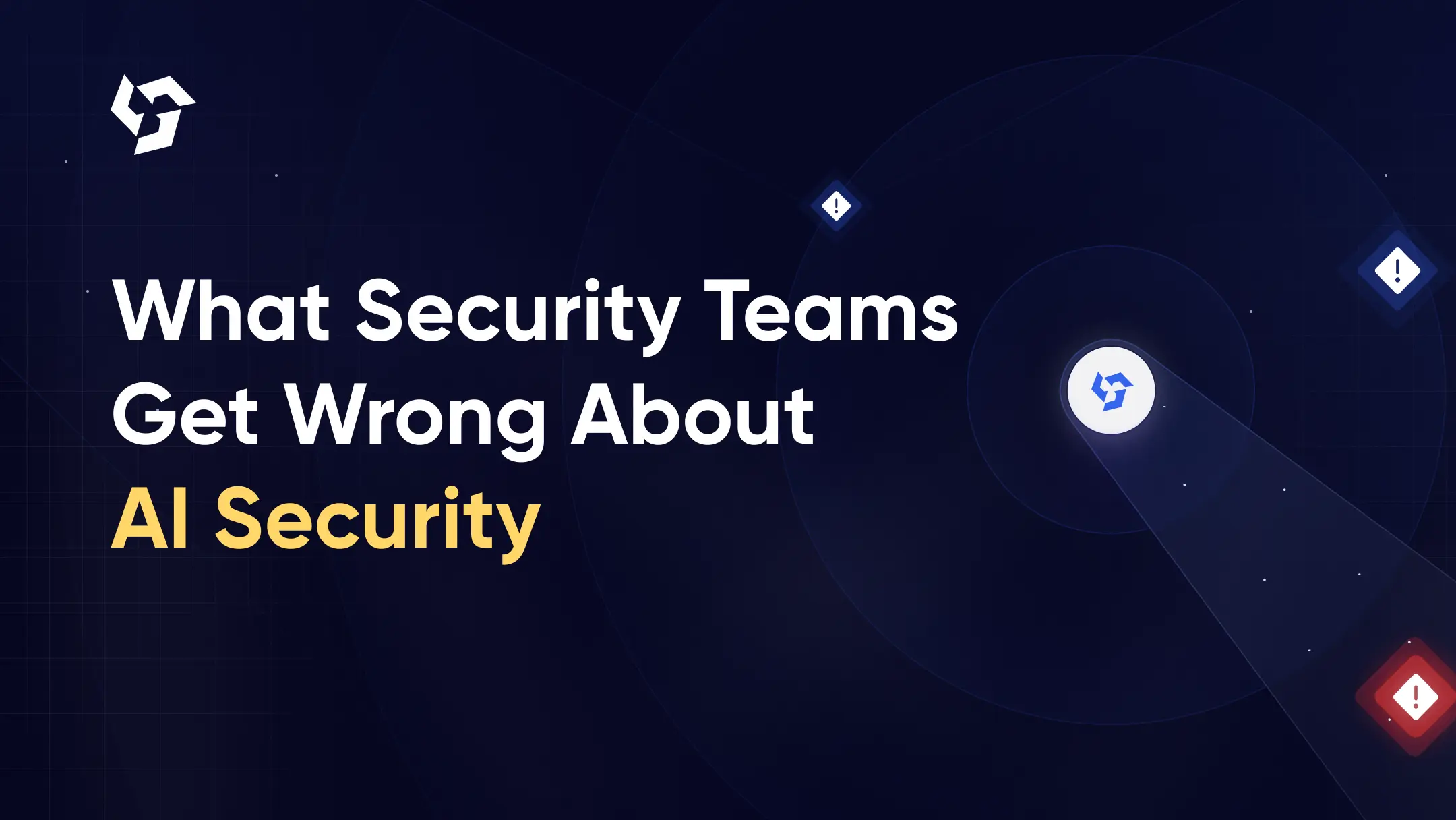
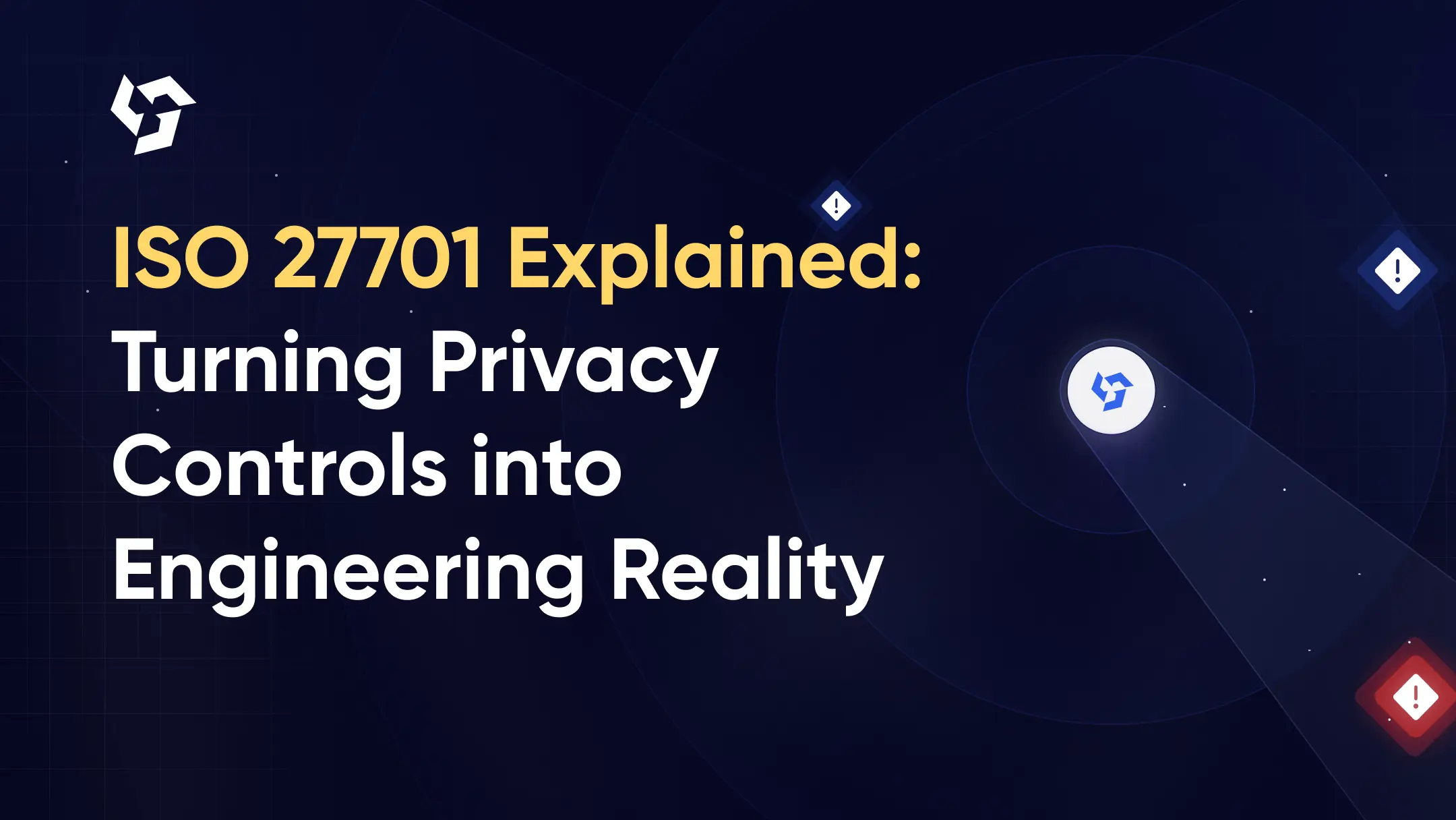
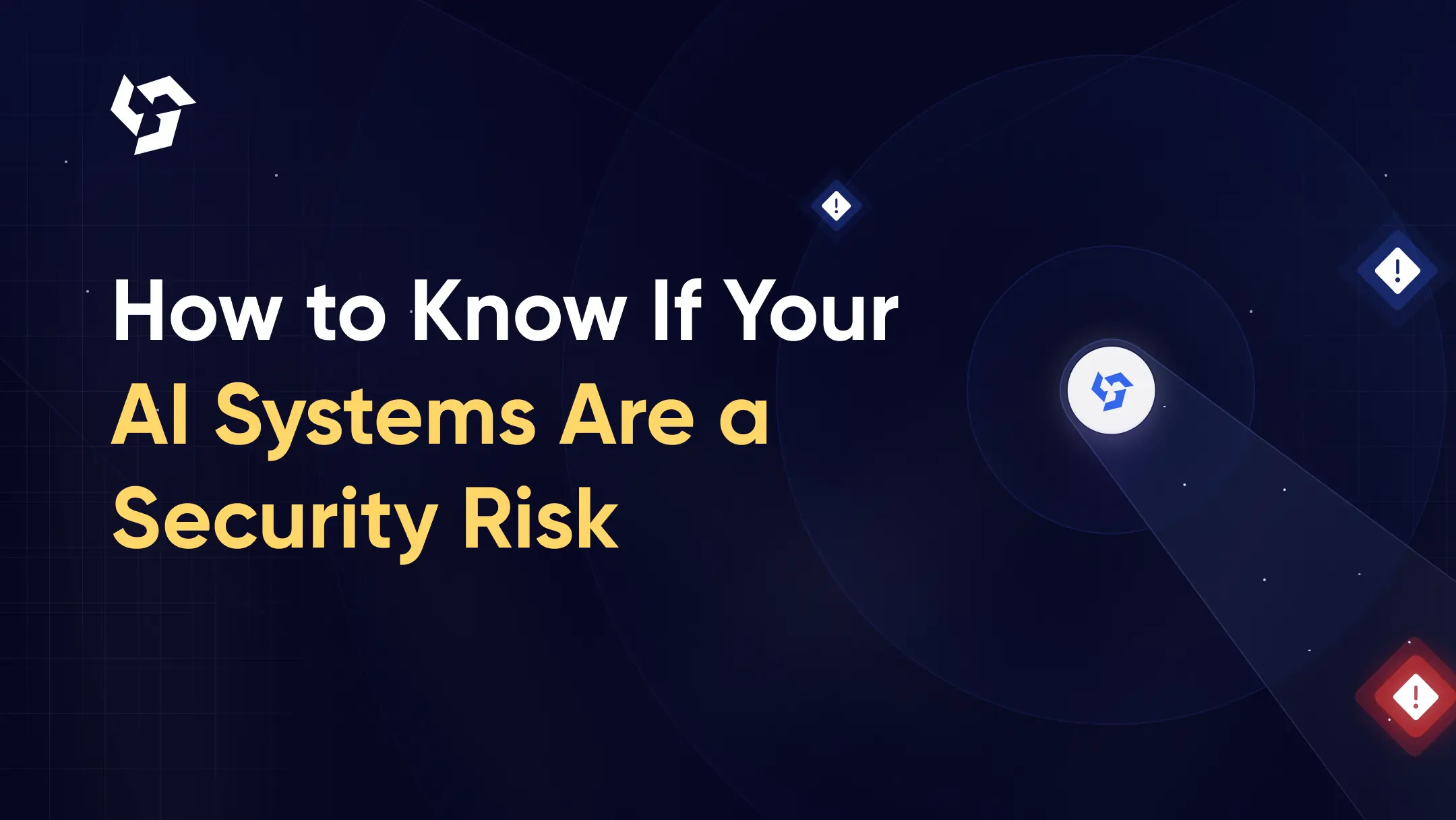
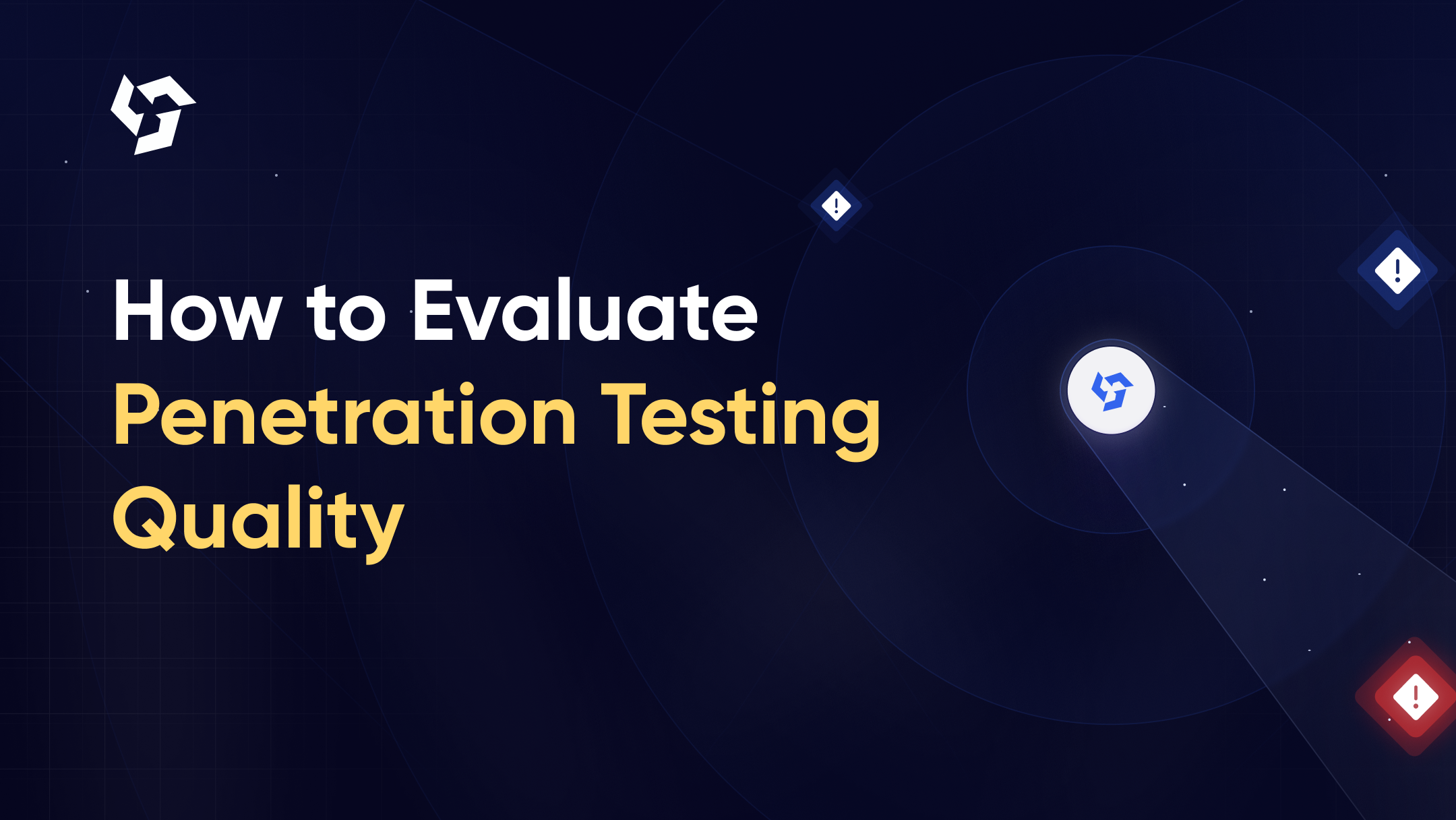
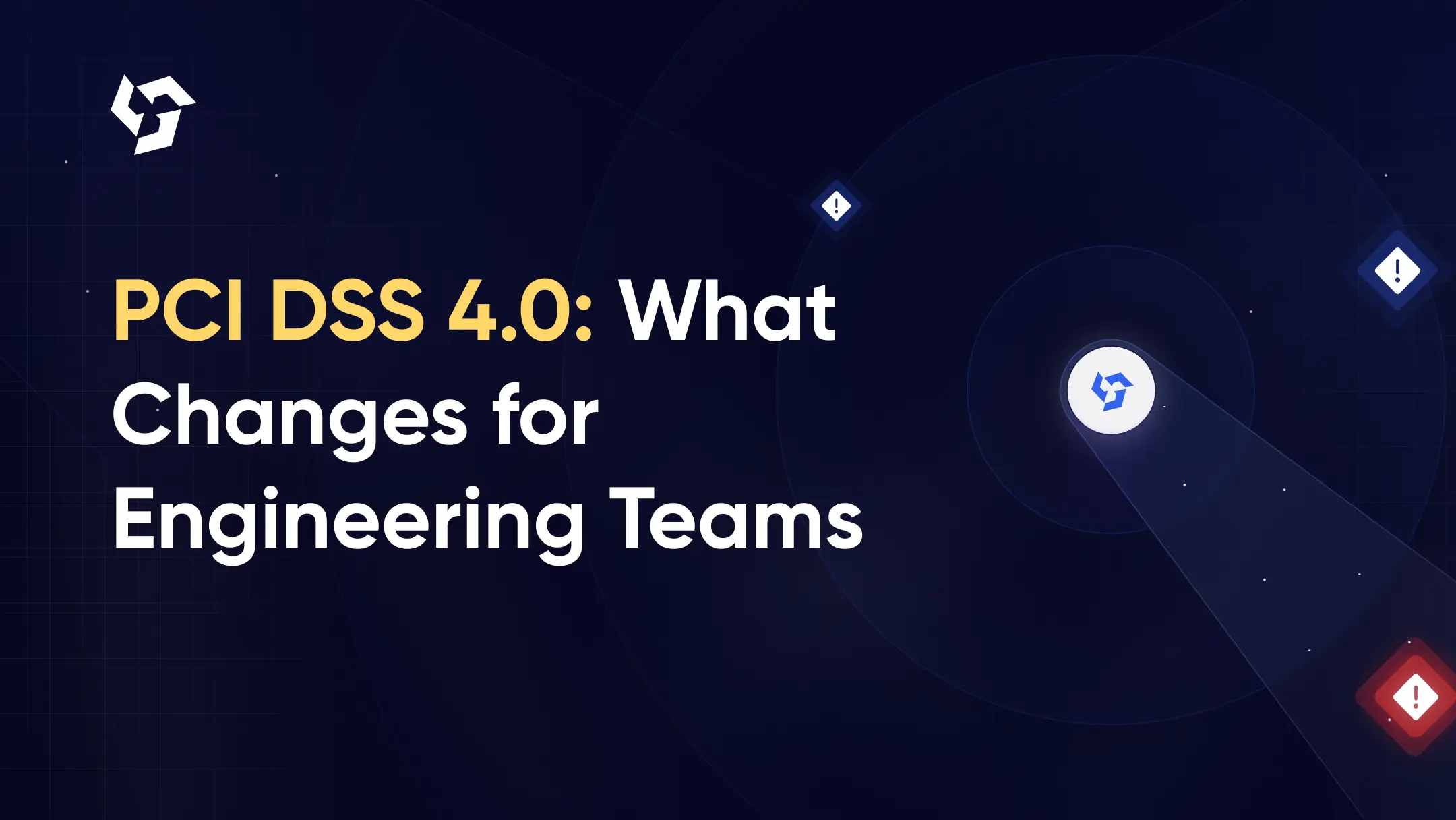
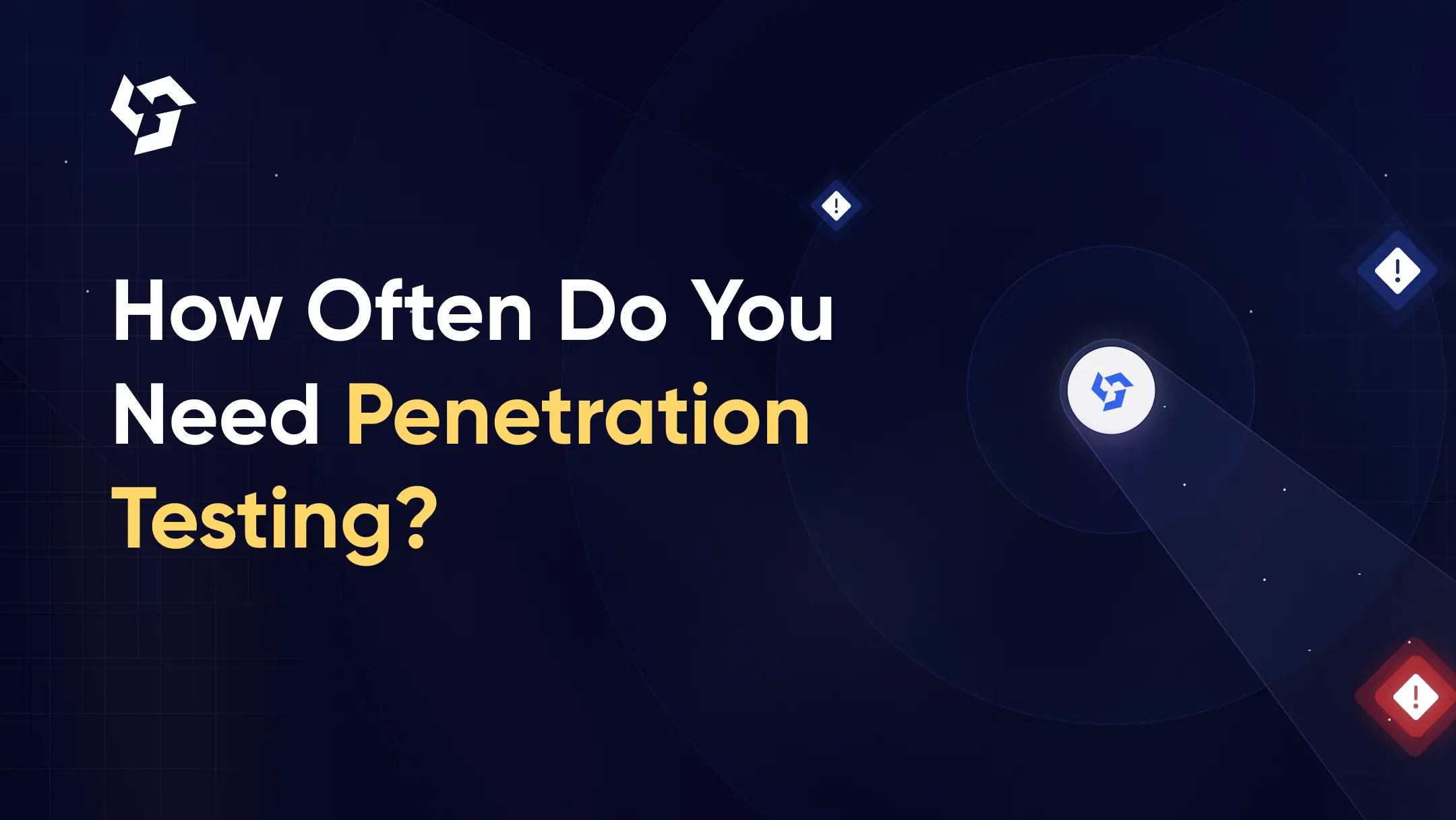
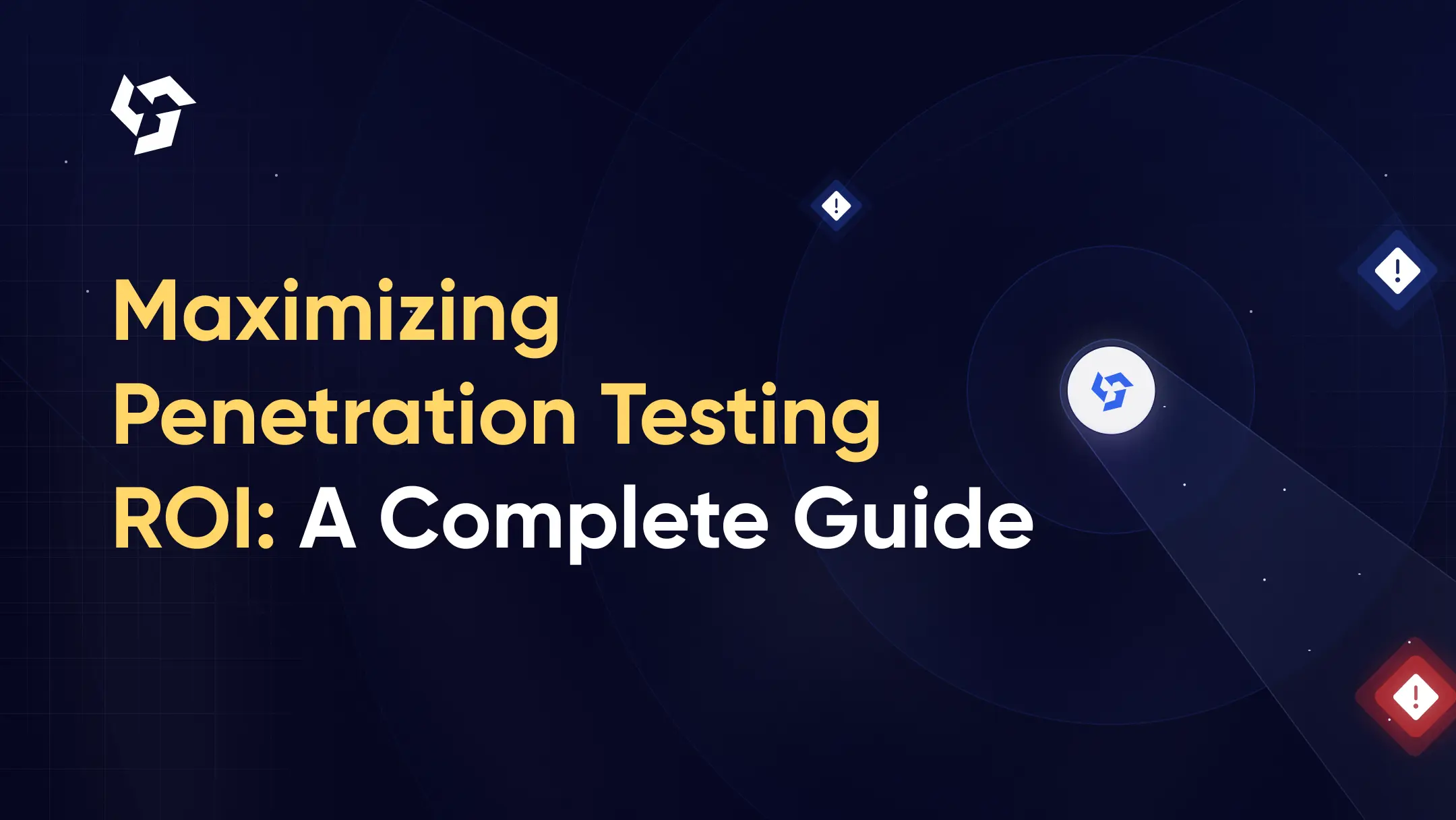

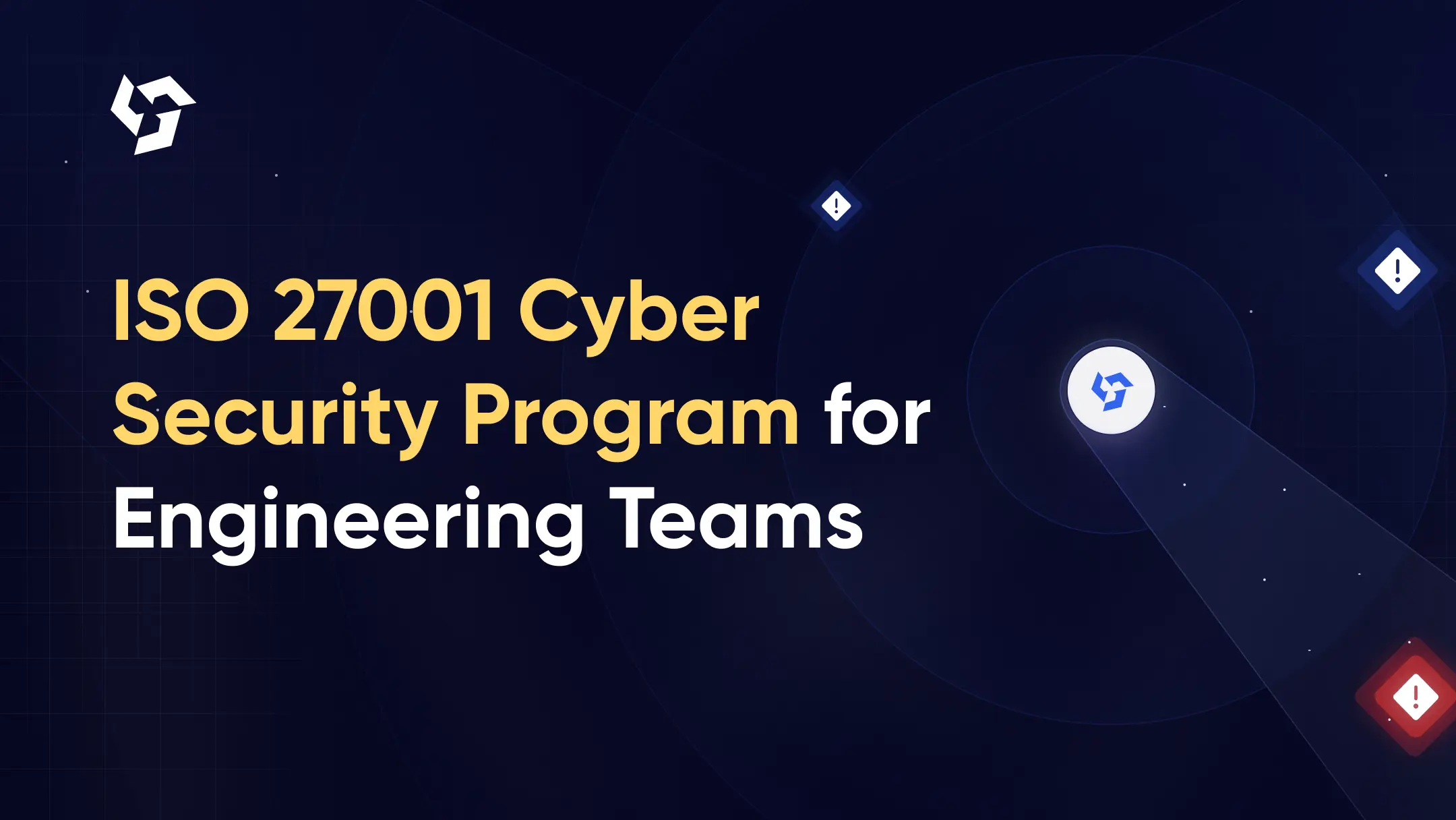
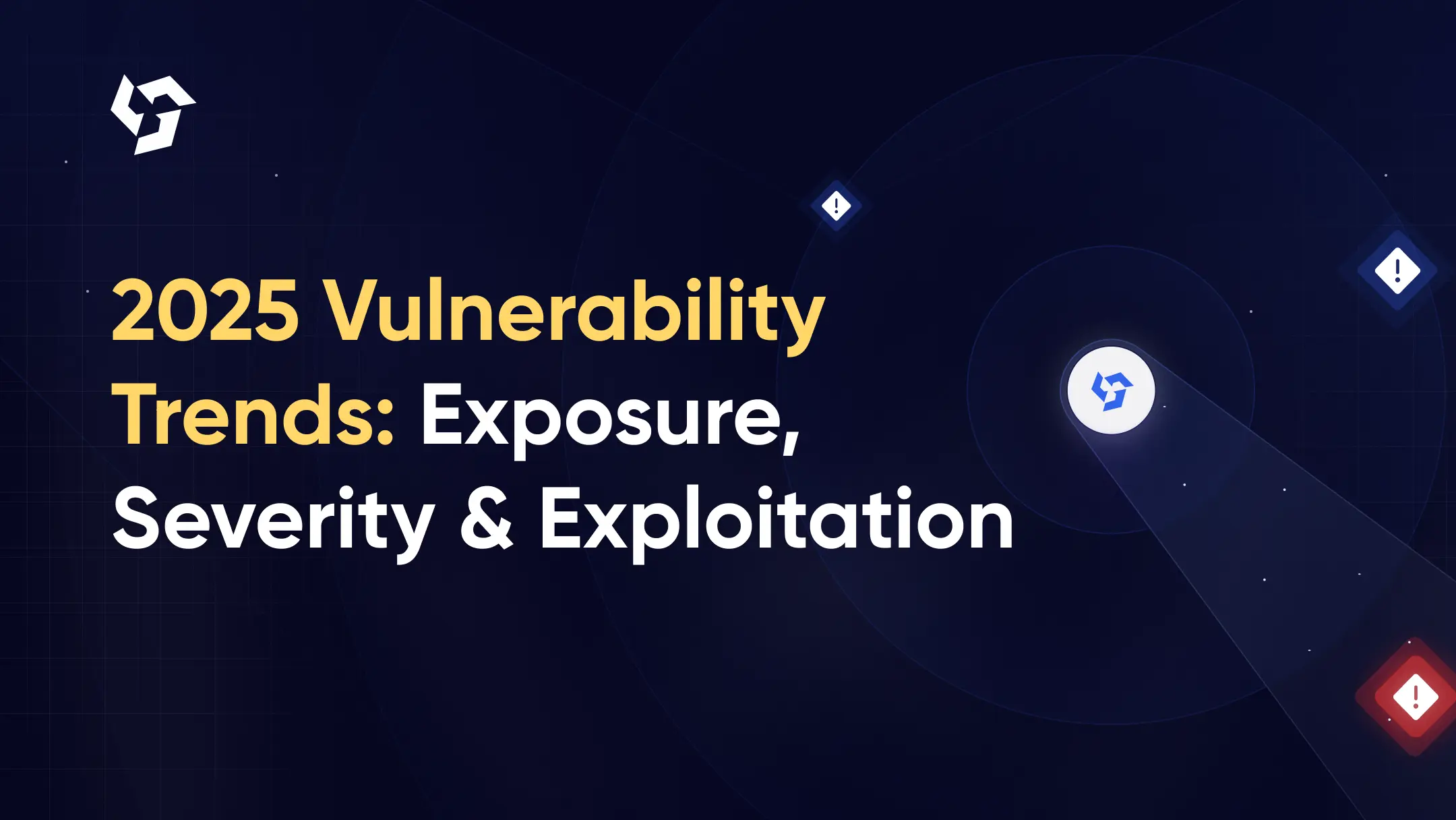
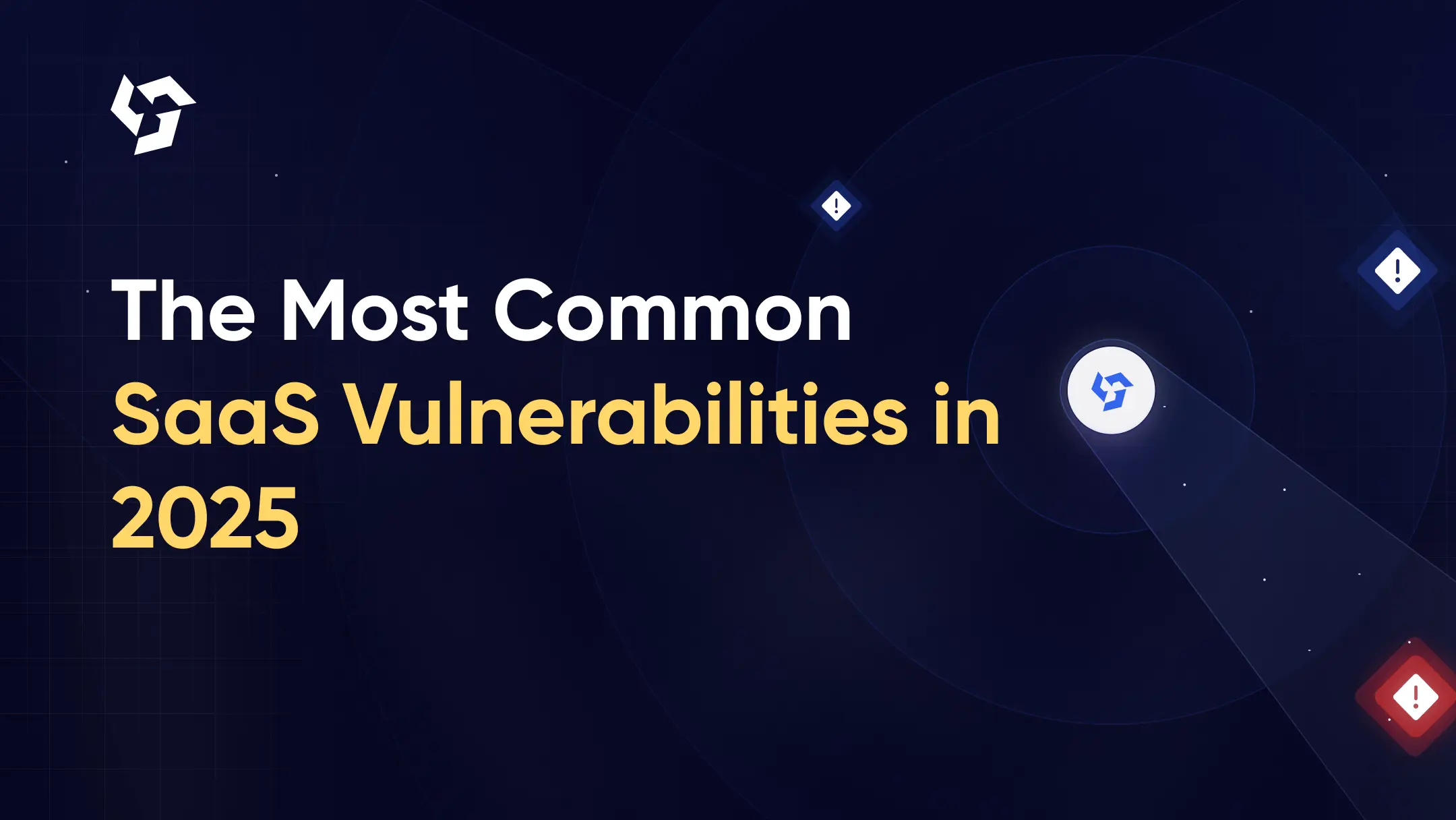





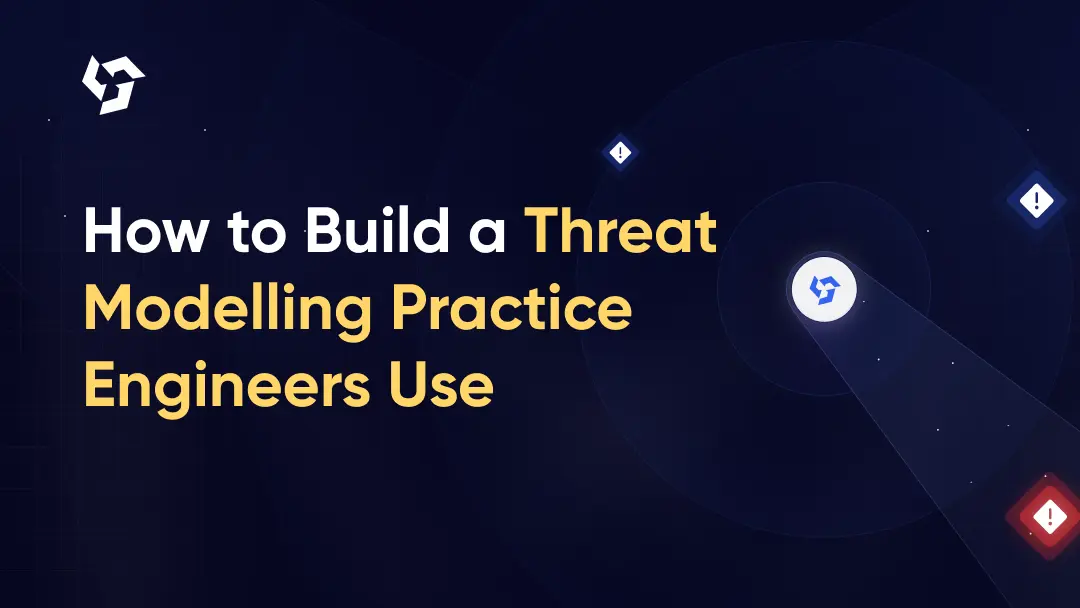
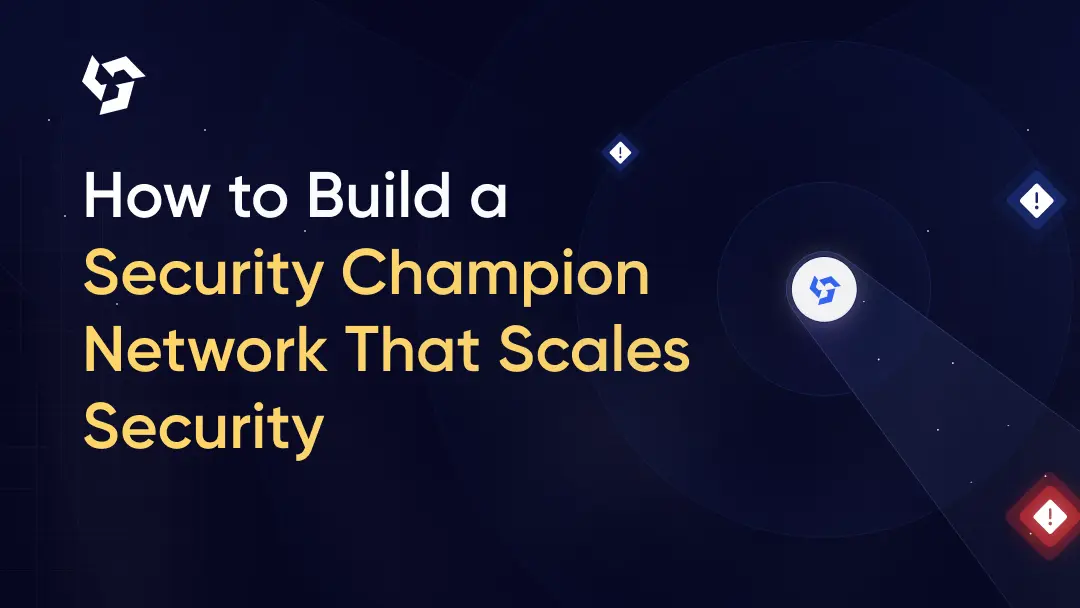

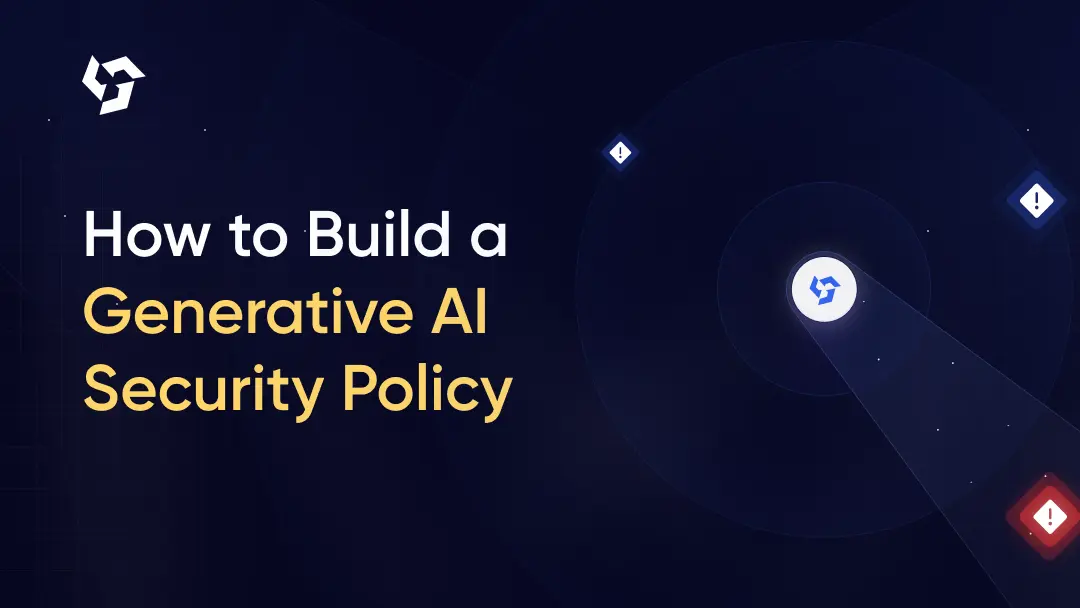
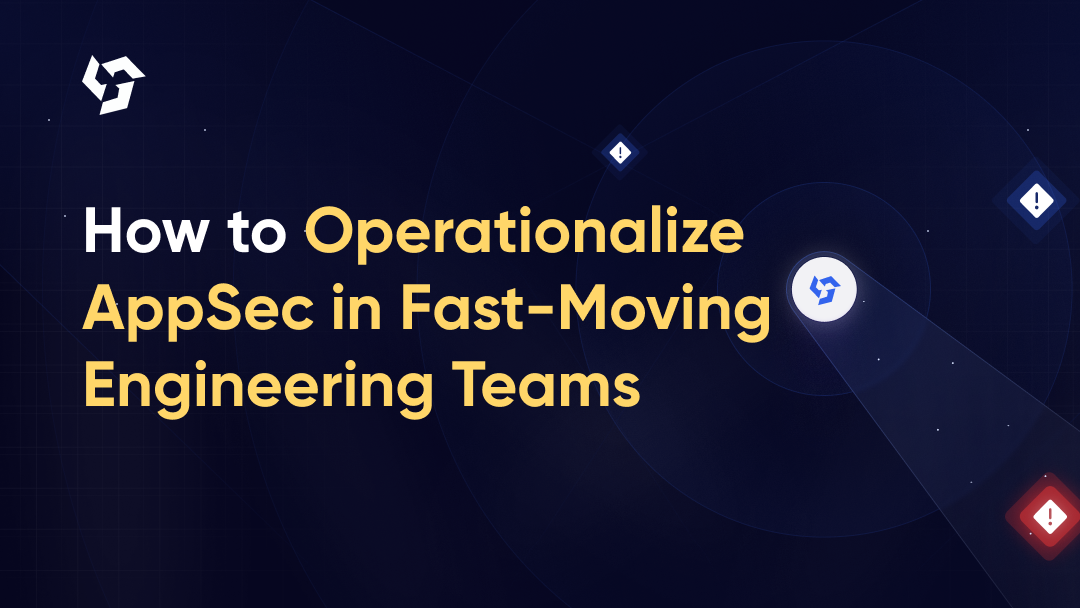

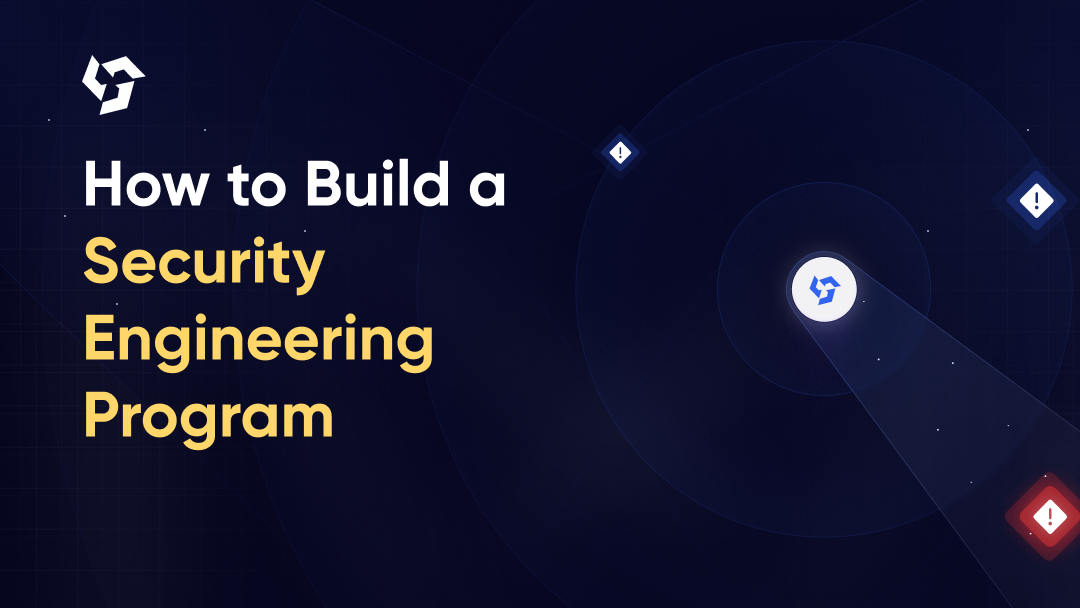

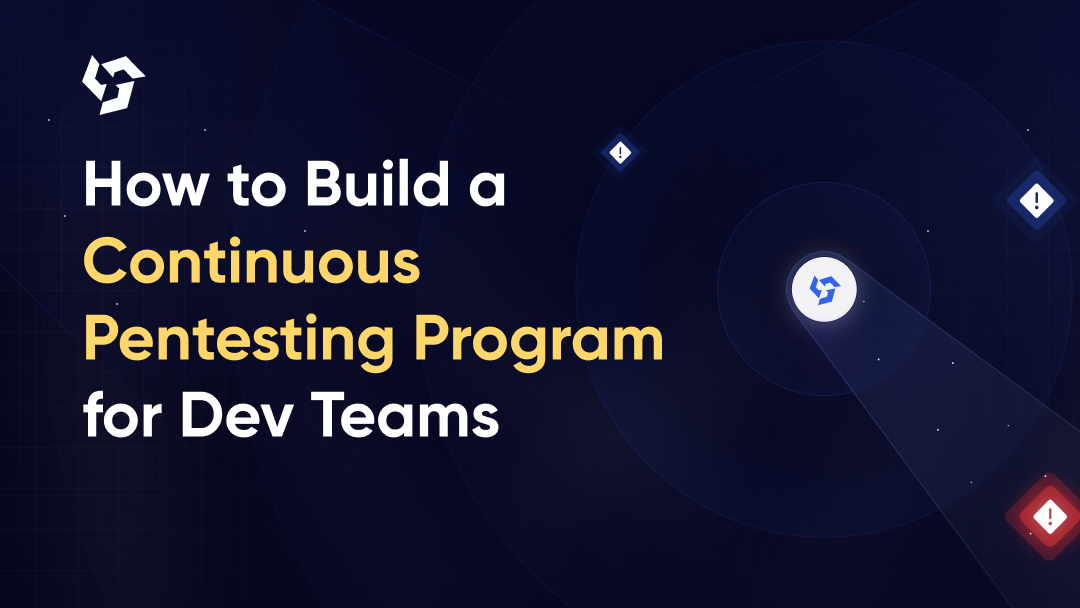

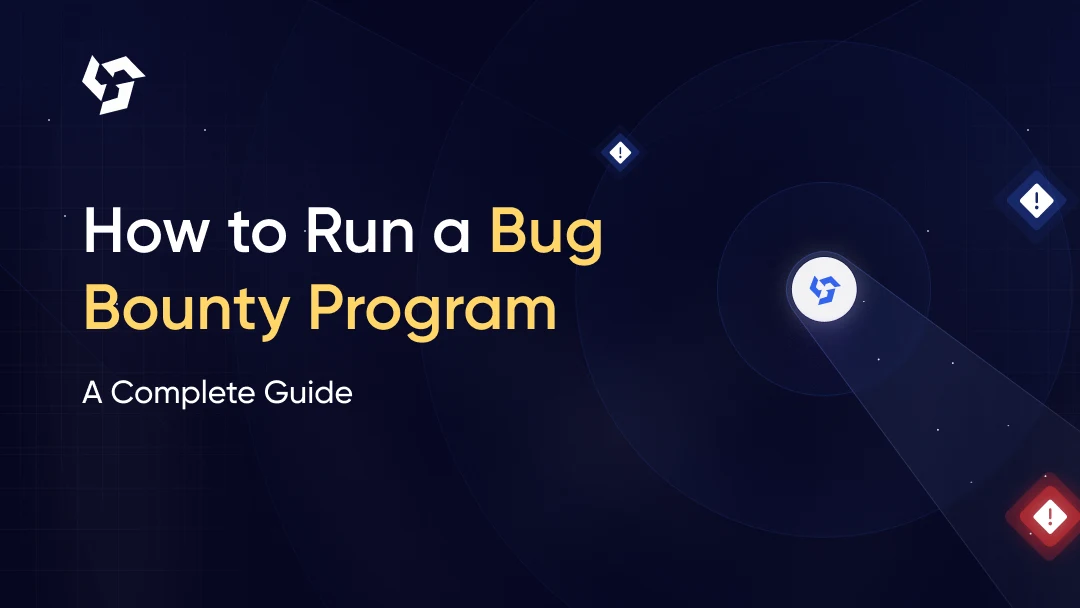


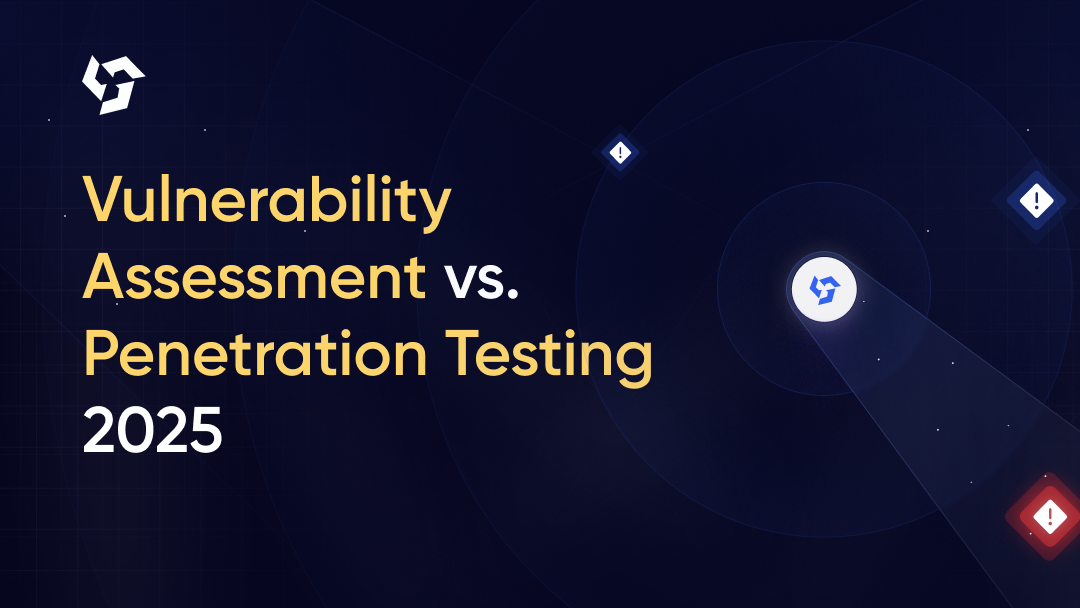

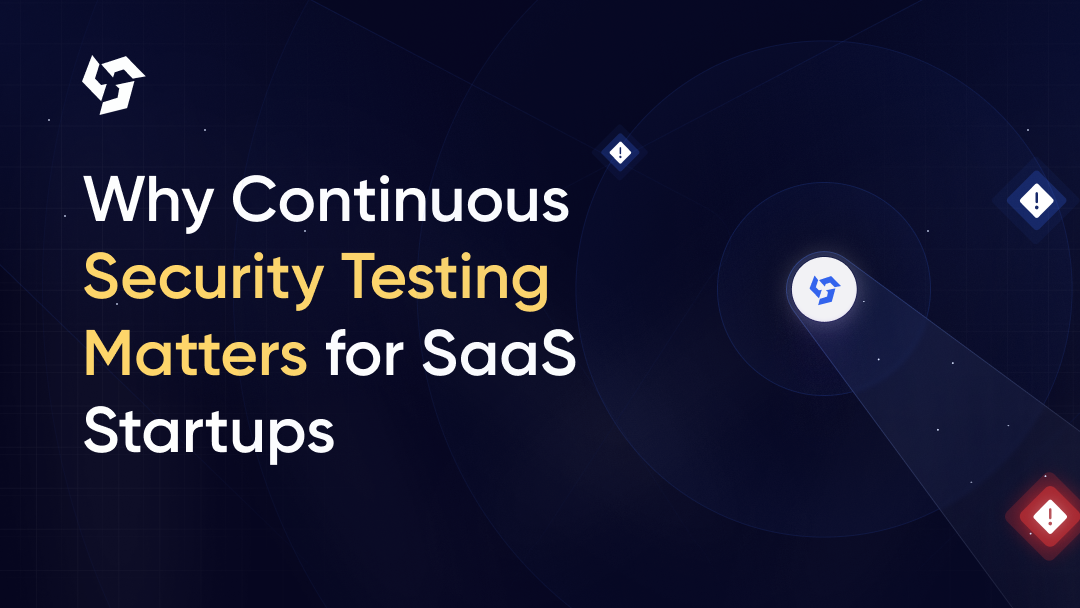
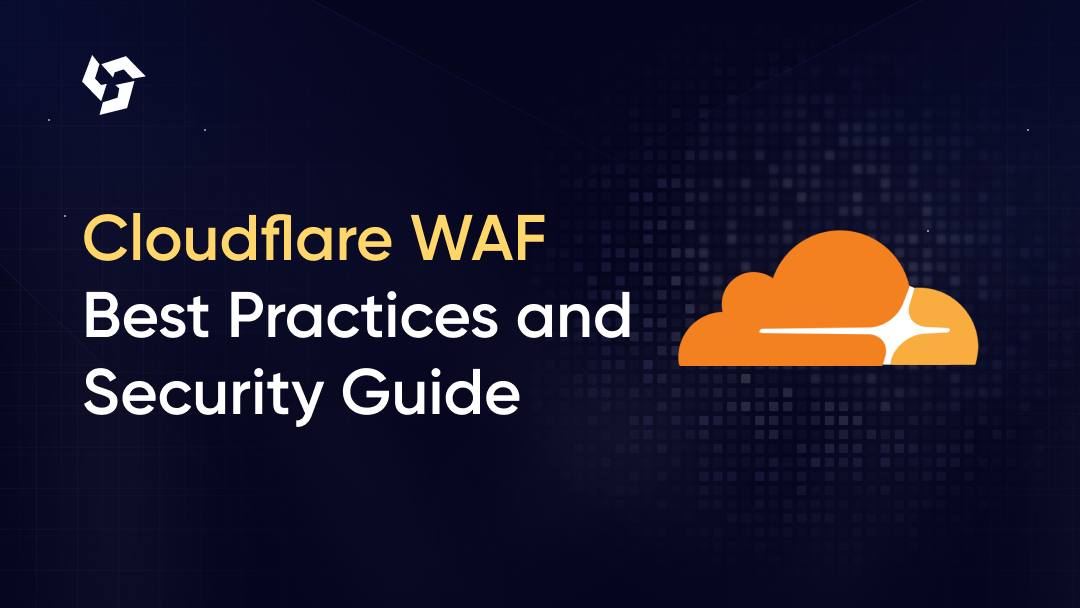

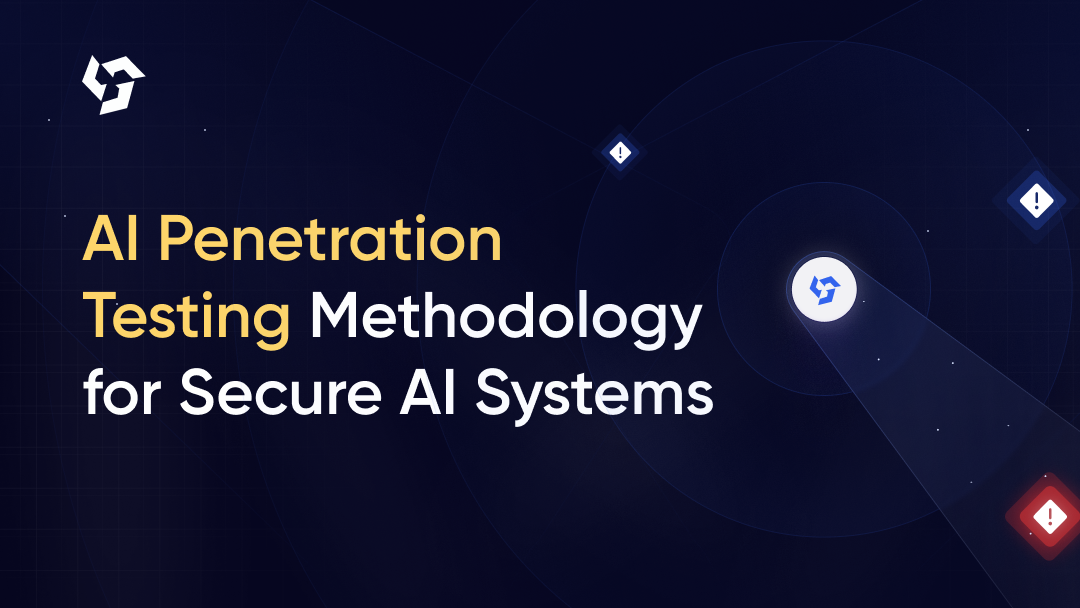
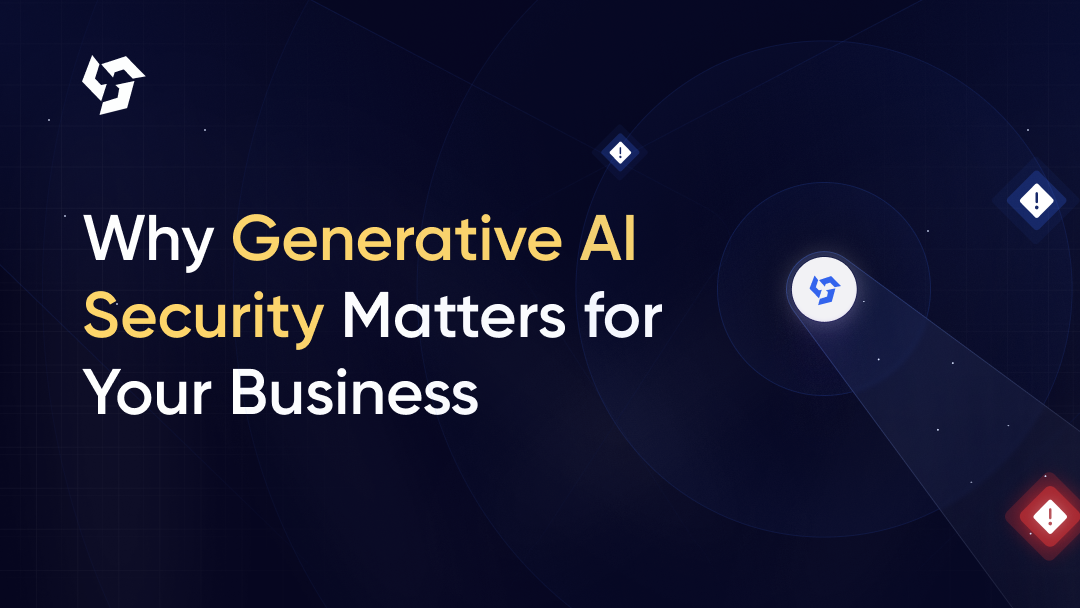
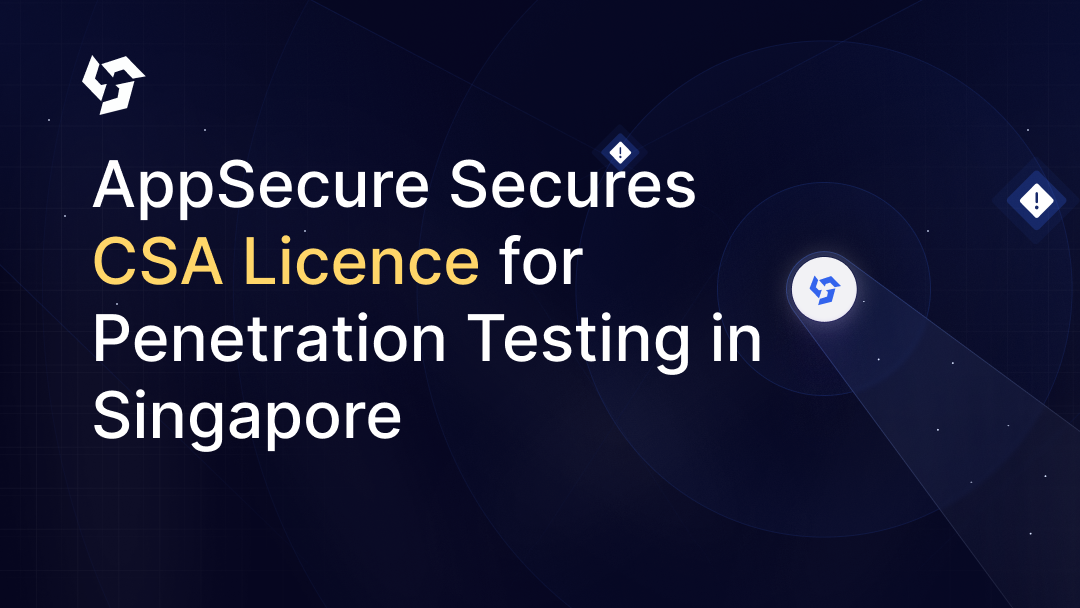
.png)
.png)
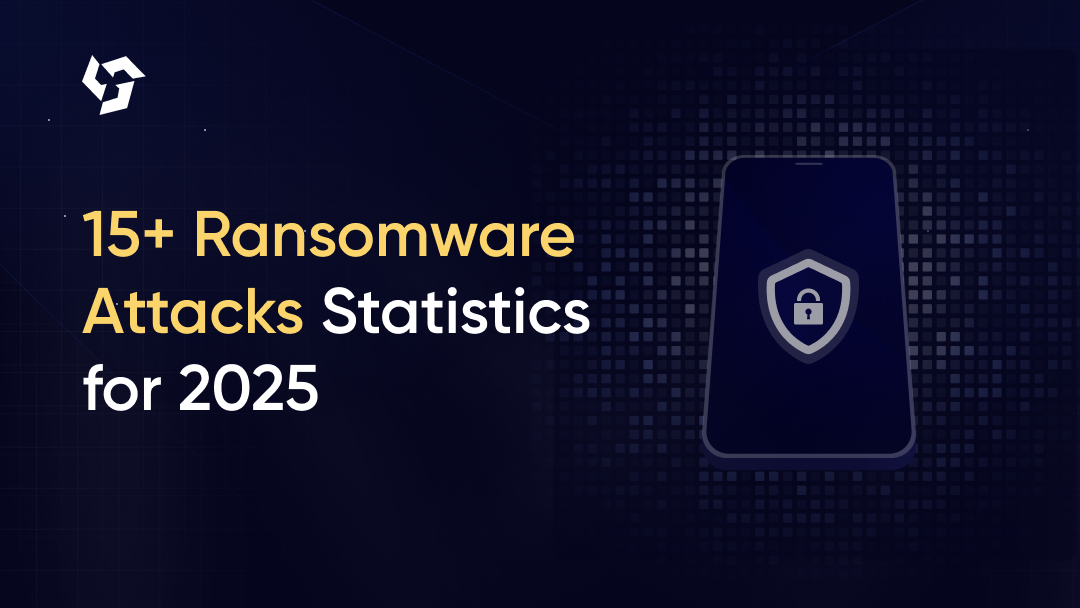
.png)
.png)
.png)
.png)
.png)
.png)
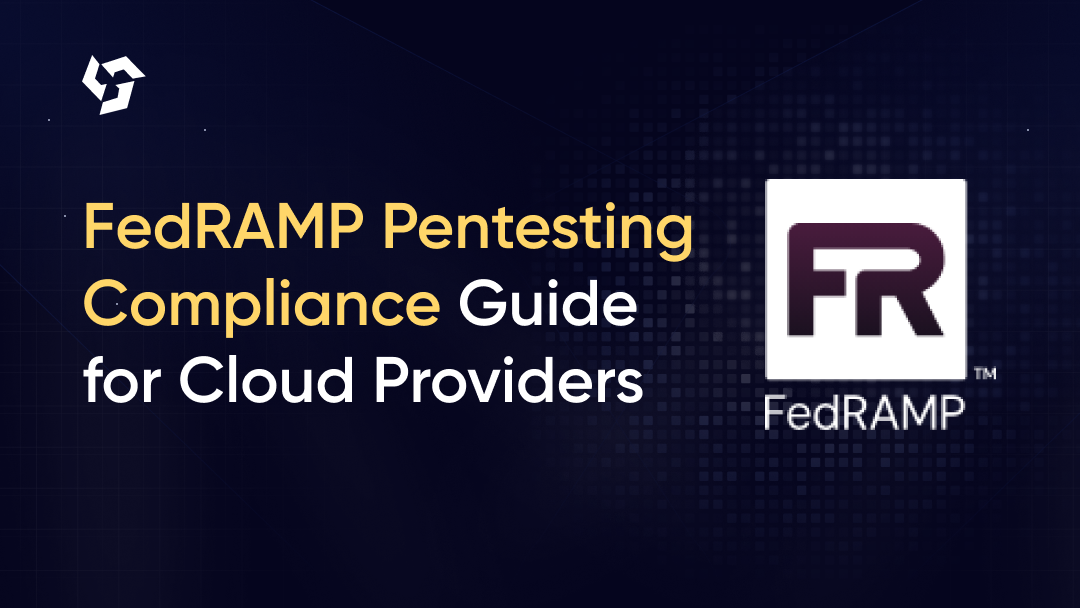
.png)
.png)
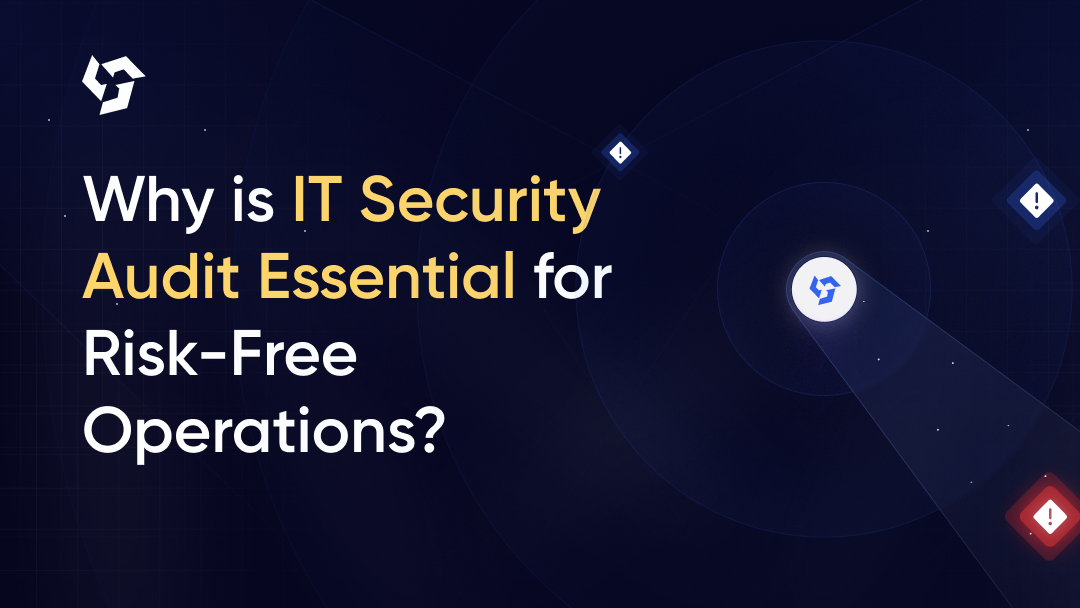

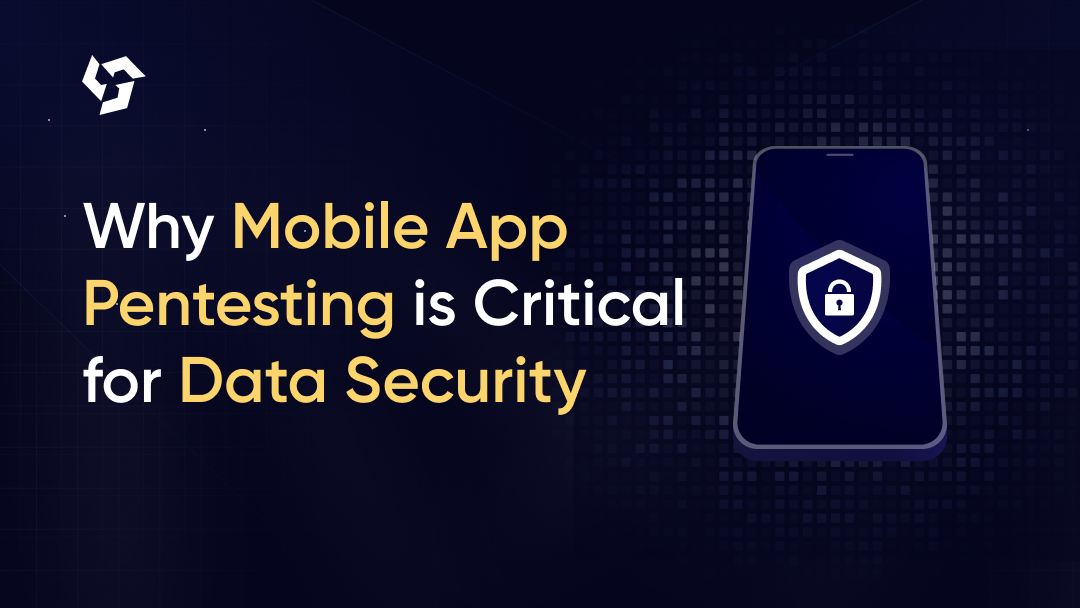
.png)
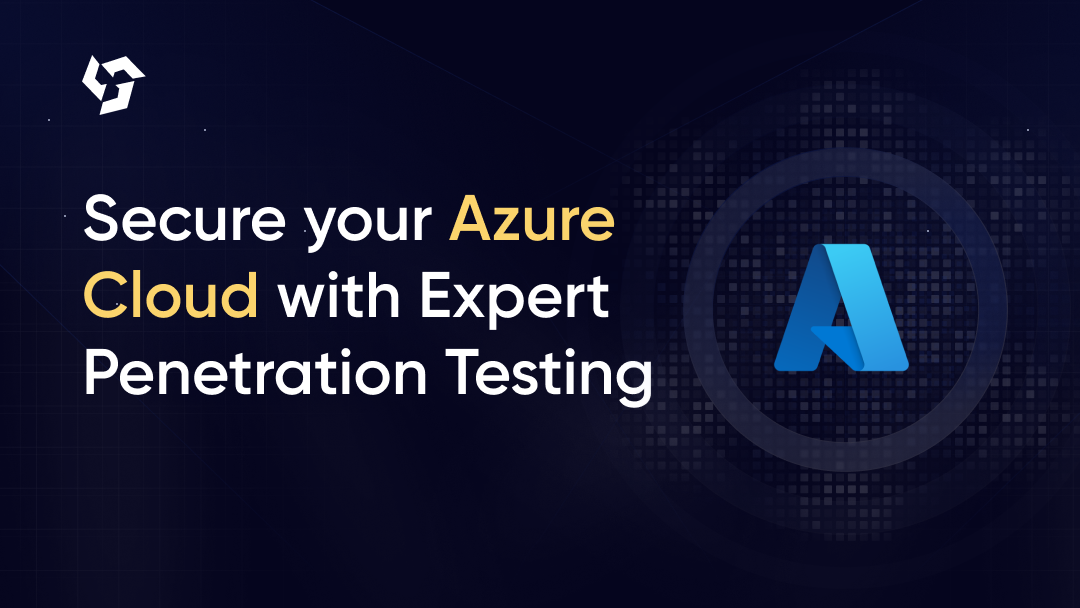
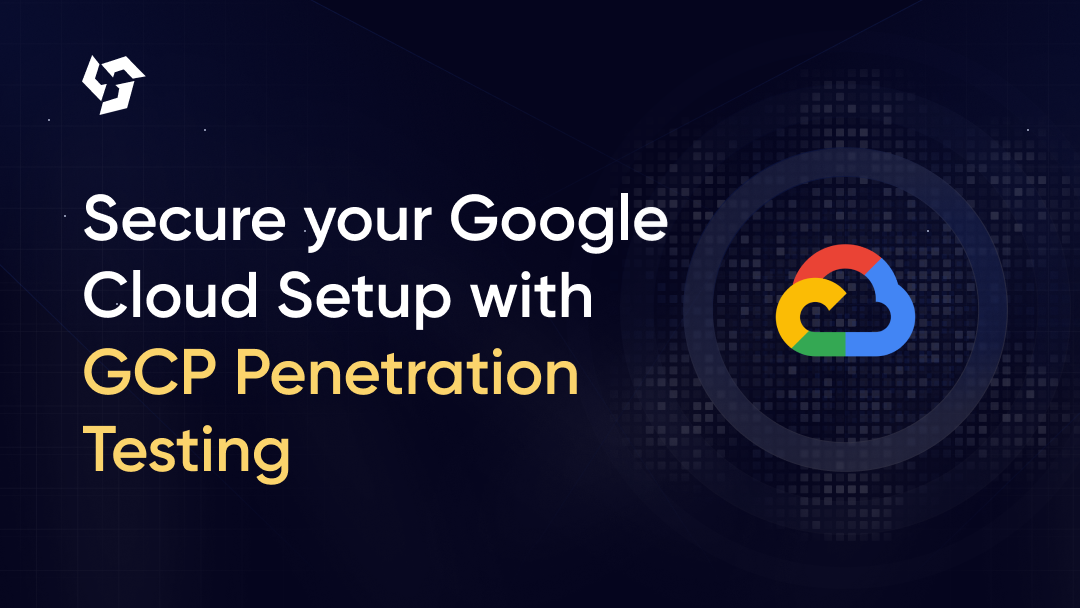
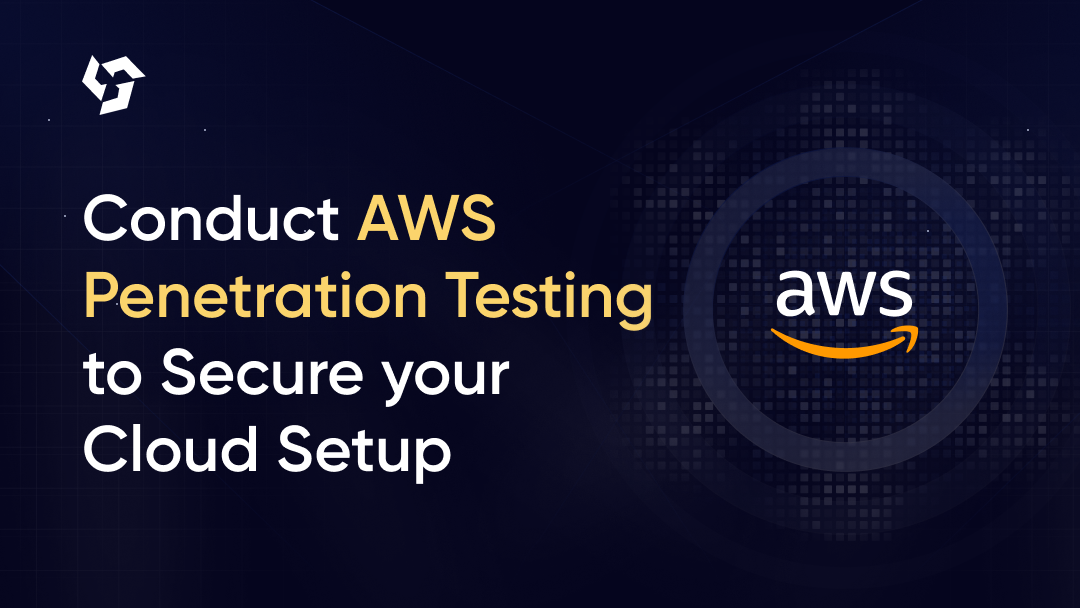
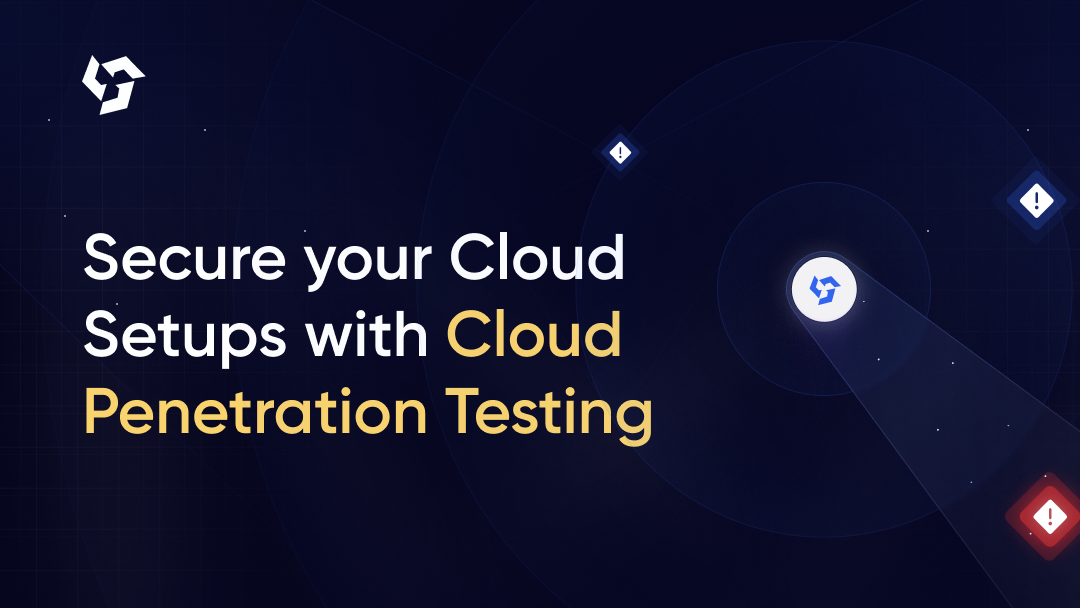
.png)
.png)
.png)
.png)
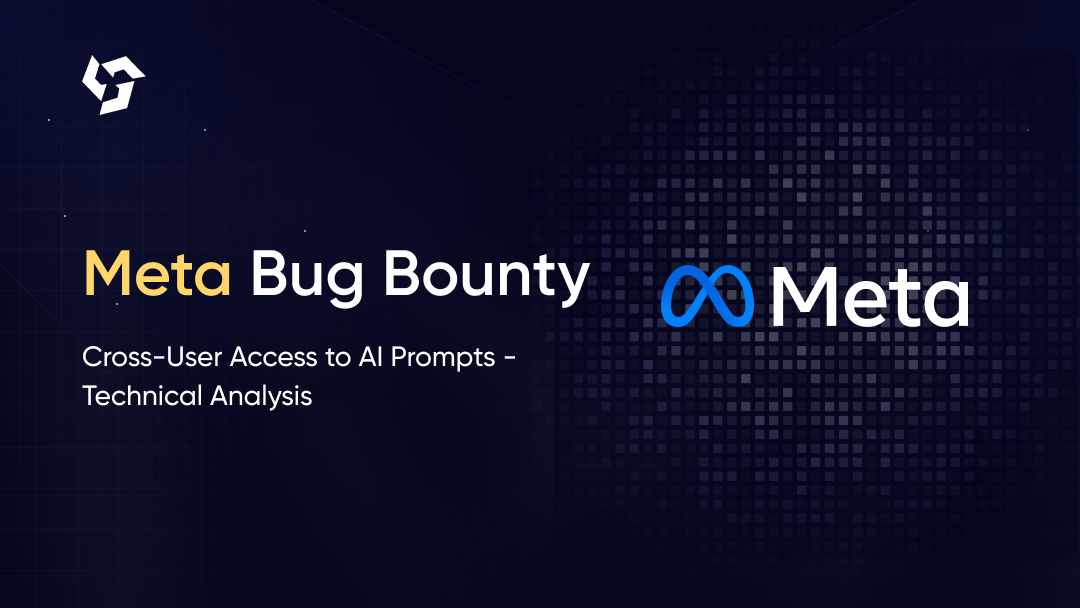
.png)
.png)
.png)

.png)
.png)
.png)
.png)

.png)









.webp)

.webp)
